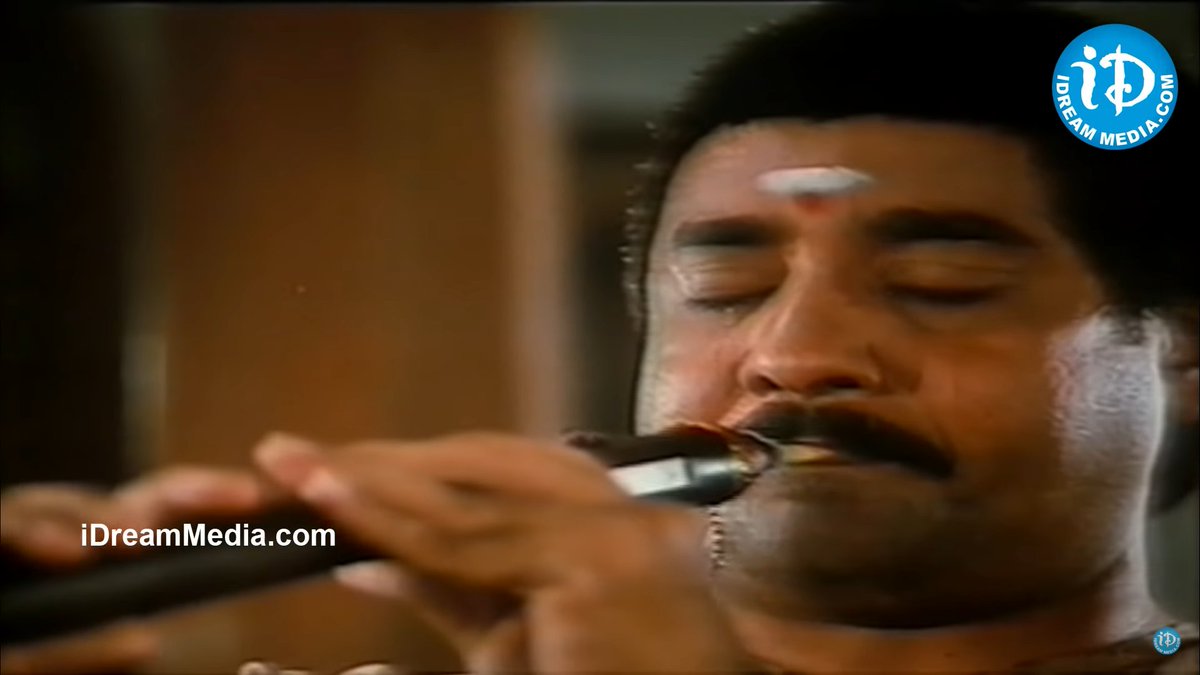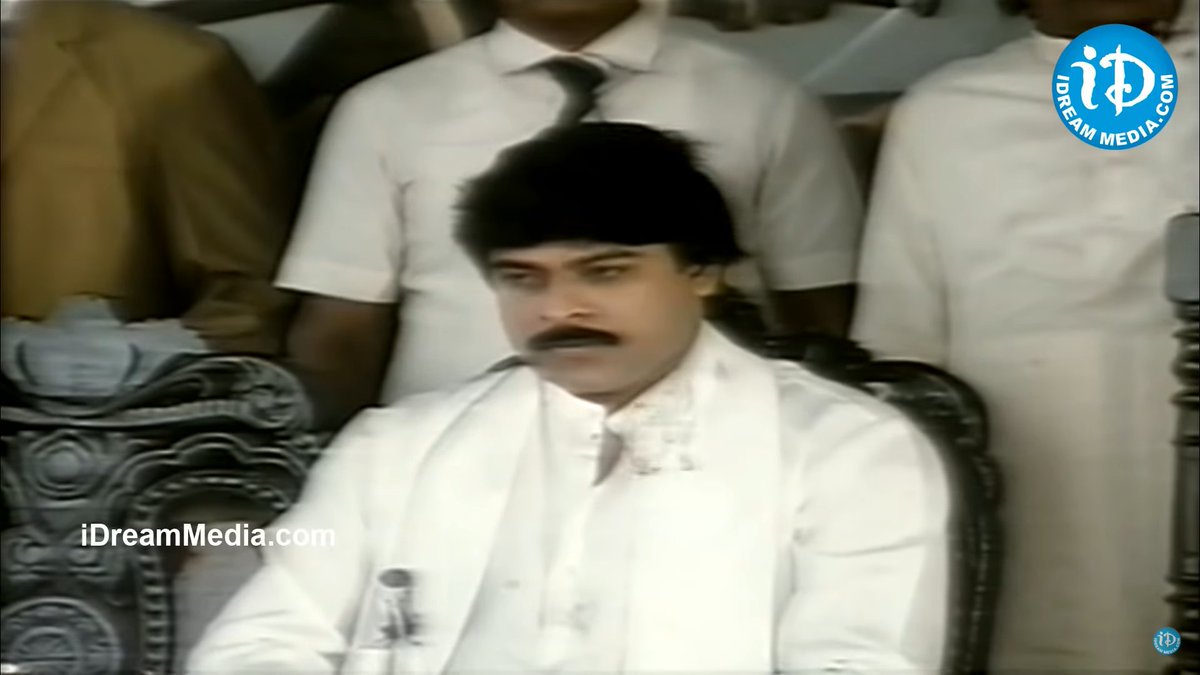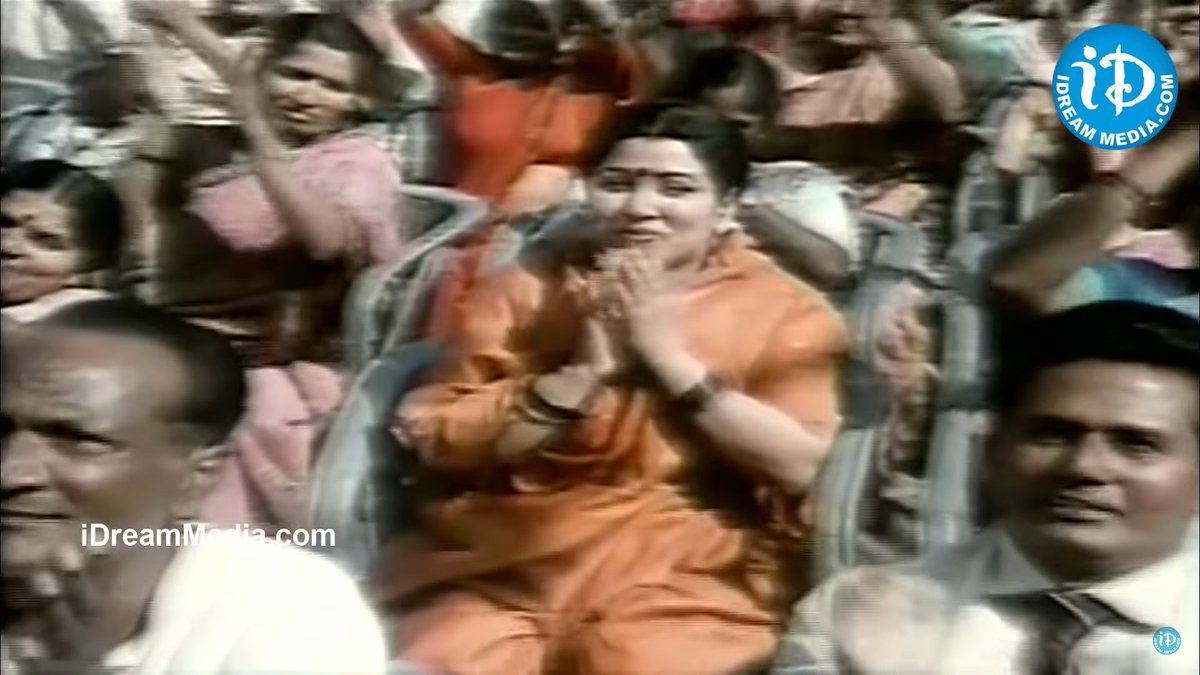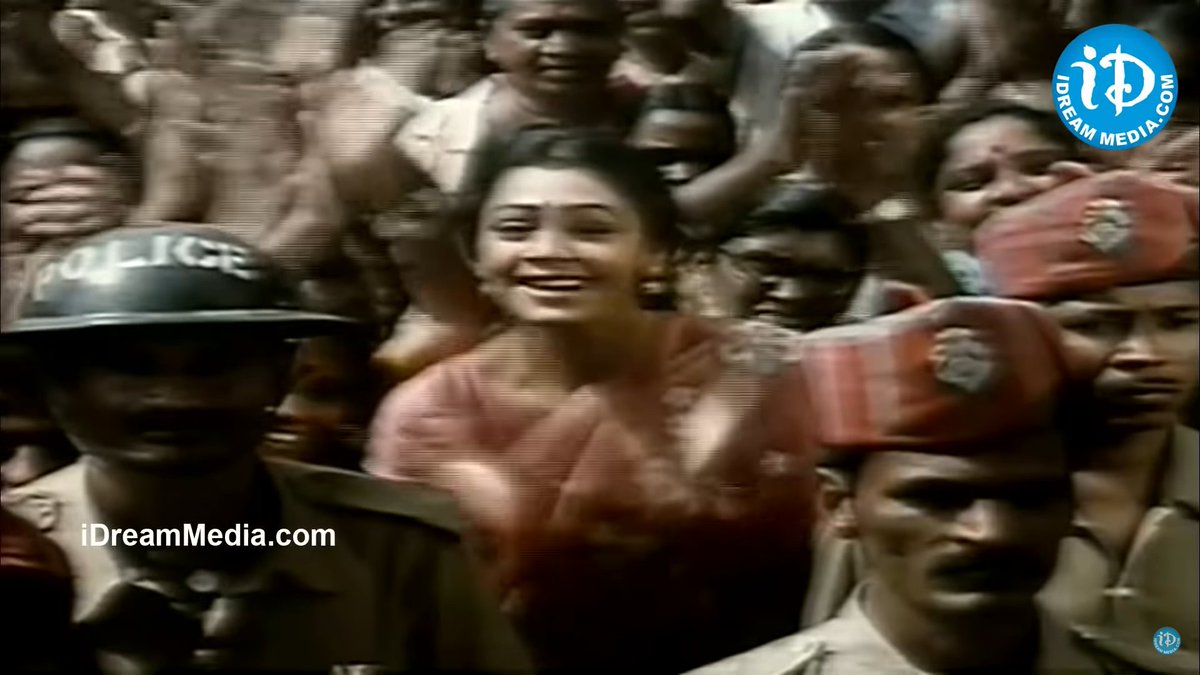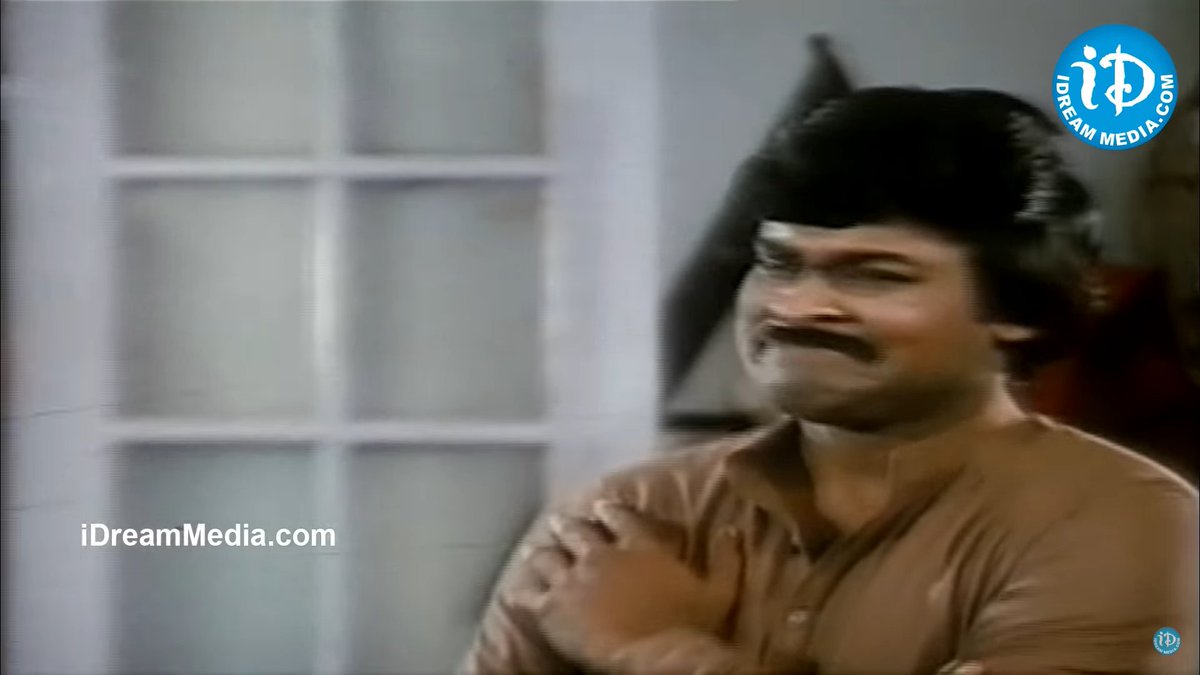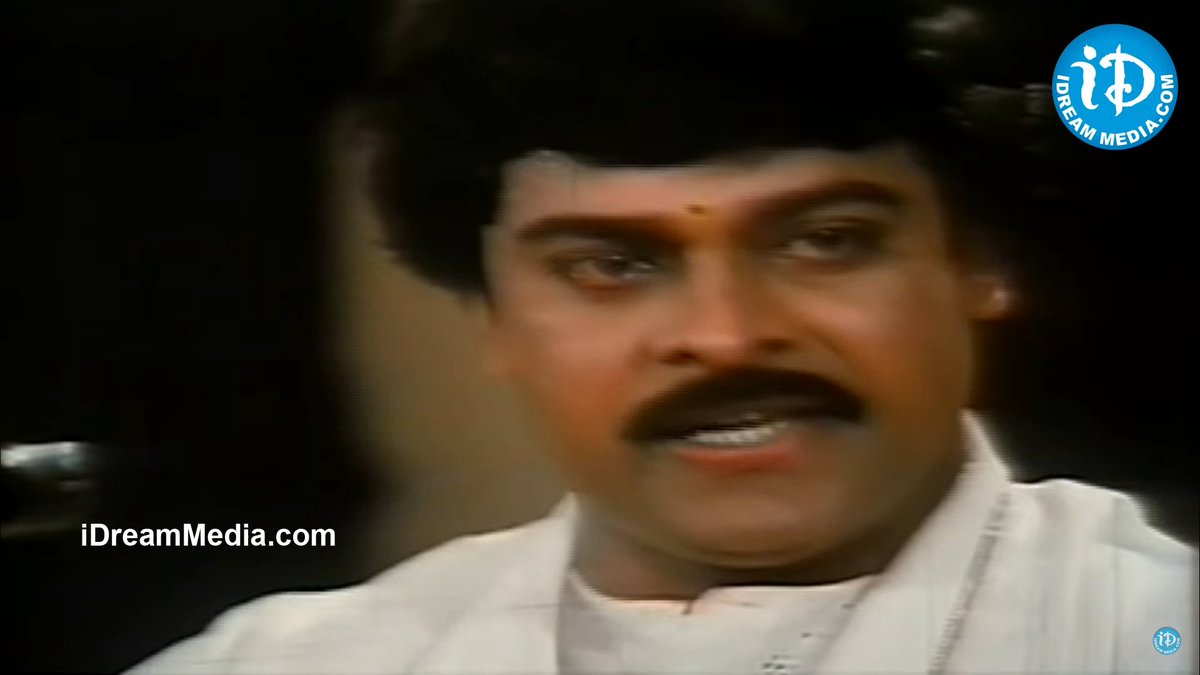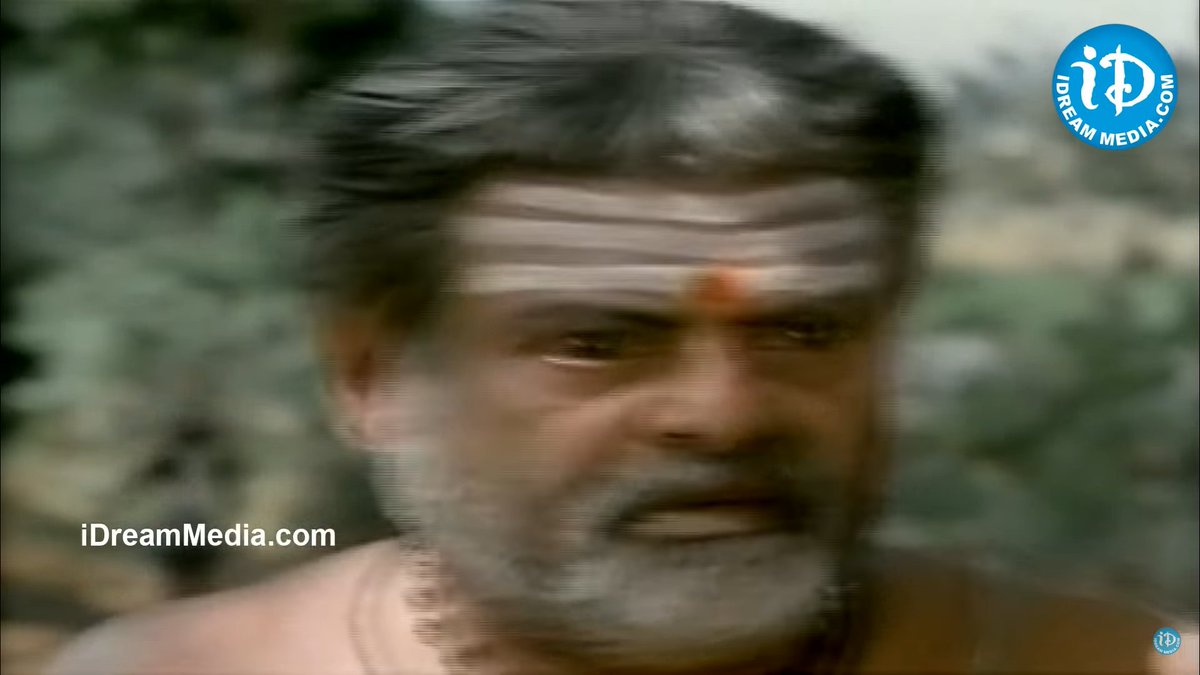There are many things about @KChiruTweets that I like, but producing Rudraveena has to be the top of all. Directed by #KBalaChander this film is one a kind as it talks about an individual& #39;s accountability to the caste system that is prevailing in the society.
A thread!
A thread!
In the intro, we find a man throwing a banana towards a blind woman who knocks it away. A young Brahin boy torn between wanting to help her and the restriction to not touch her doesn& #39;t act. He meets a man who lectures him how mantras don& #39;t matter if you don& #39;t act in accordance.
The young boy is Suryam - the son of Bilahari Sastry, a prominent musician. Suryam is someone who is interested in people, their emotions & their existence. He loves music and uses it as a way to share happiness. He believes that music can diminish any pain in people.
But Music to Sastry is different. It is holistic, and it can& #39;t be reduced to provide happiness to people. He is a conservative father who abides to rules. The scenes where he prioritizes attending to the concert on time than helping a dying human proves his caste discrimination.
We are then introduced to Shobana, a lower caste girl dancing on the hillside opposite the temple. The incident where she is ogled by men tells us that these sacred men don& #39;t think twice about worshipping a girl from a low caste but won& #39;t let lower caste to their congregation.
What could have a been a higher caste saviour trope romance, is balanced with her boldness. She isn& #39;t impressed by the Brahmin boy at a glance and he doesn& #39;t act privileged with her. Their love for music helps them to bond & communicate unlike stalking misogyny.
"Pentamma" https://abs.twimg.com/emoji/v2/... draggable="false" alt="😂" title="Face with tears of joy" aria-label="Emoji: Face with tears of joy">
https://abs.twimg.com/emoji/v2/... draggable="false" alt="😂" title="Face with tears of joy" aria-label="Emoji: Face with tears of joy"> https://abs.twimg.com/emoji/v2/... draggable="false" alt="♥️" title="Heart suit" aria-label="Emoji: Heart suit">
https://abs.twimg.com/emoji/v2/... draggable="false" alt="♥️" title="Heart suit" aria-label="Emoji: Heart suit">
"Pentamma"
Suryam& #39;s house is amusing because of the differences in personality types. Even though Sastry did whatever he can to discipline the children after his wife& #39;s death, her absence is evident. Hence, we can see Suryam& #39;s closeness with her Vadinamma sharing everything he can.
It is cute to see Lalita tease Suryam around which both of them clearly enjoy. But she is not cool about him when he is not before her. In fact, in a scene, she changes her saree multiple times when he& #39;s about to visit. Their relation is as mutual as it can get.
Lalita’s family are nothing like Sastrys. When he arrives, they greet him with a welcome song (My favorite in the film) and hugs (So much for untouchability when their touch can give happiness). This intro song is warm for a boy who is restrained in his own home.
One of the interesting characters in the film is his mute brother. He is an observer who uses music as his communication. He mimics his father and repeatedly claims that following religion doesn& #39;t make you close to God, if you discriminate on humans.
Suryam& #39;s rebelliousness is the hero of this film, not him. Infuriated by it, Bilhari takes a fraud for a student. The contrast between him and Suryam is clearly demarcated to show the difference between honesty and pretentious idealness. By the time, damage is done.
Suryam after leaving home disheartened by his difficult father decides to marry Lalita. The wedding is interrupted by drunkards including a nasty Brahmi (One of his dramatic performances). He takes a challenge to reform the caste discrimination in village before marrying her.
The second half of the film is filled with reforms. But things doesn& #39;t get blatant as Suryam is shown as a doer & less as a preacher. He is shown to change things with his hand than utter words with his mouth. A part of his motivation is to show his father that he is not right.
I think Lalita (Happy that it& #39;s portrayed by Shobana) is shown to be a leader despite her caste. She is active, and she helps women get batter. She also understands Suryam because she& #39;s someone who equally seeks social welfare like Suryam and can a love story get better?
Apart from caste discrimination, this film also tries to analyse drinking. It says drinking in rural houses is all or nothing affair. It originates from the idea how Dalit men after working hard for hours tend to drink as an addiction only to be discriminated further.
The film is heavy, but the humour and romance give it the right balance. The ending where Sastry jumping the blitz makes us cringe but here, the message has to be delivered at any cost.
"Surya Narayana Sastry tandrini nenu ani garvanga cheppukuntunnanu" https://abs.twimg.com/emoji/v2/... draggable="false" alt="♥️" title="Heart suit" aria-label="Emoji: Heart suit">
https://abs.twimg.com/emoji/v2/... draggable="false" alt="♥️" title="Heart suit" aria-label="Emoji: Heart suit">
"Surya Narayana Sastry tandrini nenu ani garvanga cheppukuntunnanu"
Rudraveena says oppression is everywhere, and change should start at our own home. I like how the philosophy of how marrying a Dalit girl or helping a Dalit person can reduce the discrimination (What we think is a wild utopian thought till date). It is relatable to this date.
The two little elements of the film that I also love are:
1. Chiranjeevi not being apologetic about his father& #39;s fasting when he tries to trap him in toxic parenting without his wrong.
2. The intro Chuttu Pakkala Chudara song that infuses the whole film. http://youtube.com/watch?v=WgLfwSSeyM8">https://youtube.com/watch...
1. Chiranjeevi not being apologetic about his father& #39;s fasting when he tries to trap him in toxic parenting without his wrong.
2. The intro Chuttu Pakkala Chudara song that infuses the whole film. http://youtube.com/watch?v=WgLfwSSeyM8">https://youtube.com/watch...
This film is one of the most thought-provoking films I have seen. It is universal to happen in any society where a section of the community is discriminated. Thanks to @NagaBabuOffl for producing this, and as @IamNiharikaK says idhi "Ma Cinema".
The Chiru in here, is the best.
The Chiru in here, is the best.
Also, hi @KChiruTweets, can you please read this thread? I want you to know what impact you have created for years so that you can forget the despair during the night when this did not go well with audience.
Thanks for this altime favorite telugu film.
*Bow*
Thanks for this altime favorite telugu film.
*Bow*
Also for a film that runs on music and its application, music is almost a character played by @TheMaestroRaja. Every song has a different theme, message, set up, mood, and choreography to garnish the thing that it is supposed to describe.
The genius! https://abs.twimg.com/emoji/v2/... draggable="false" alt="♥️" title="Heart suit" aria-label="Emoji: Heart suit">
https://abs.twimg.com/emoji/v2/... draggable="false" alt="♥️" title="Heart suit" aria-label="Emoji: Heart suit">
The genius!

 Read on Twitter
Read on Twitter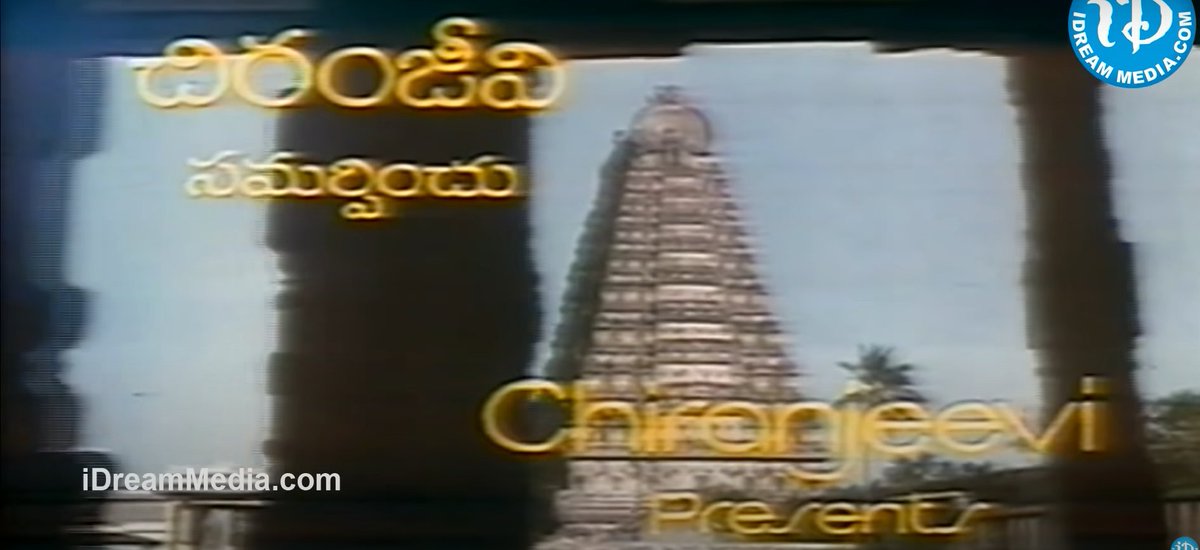
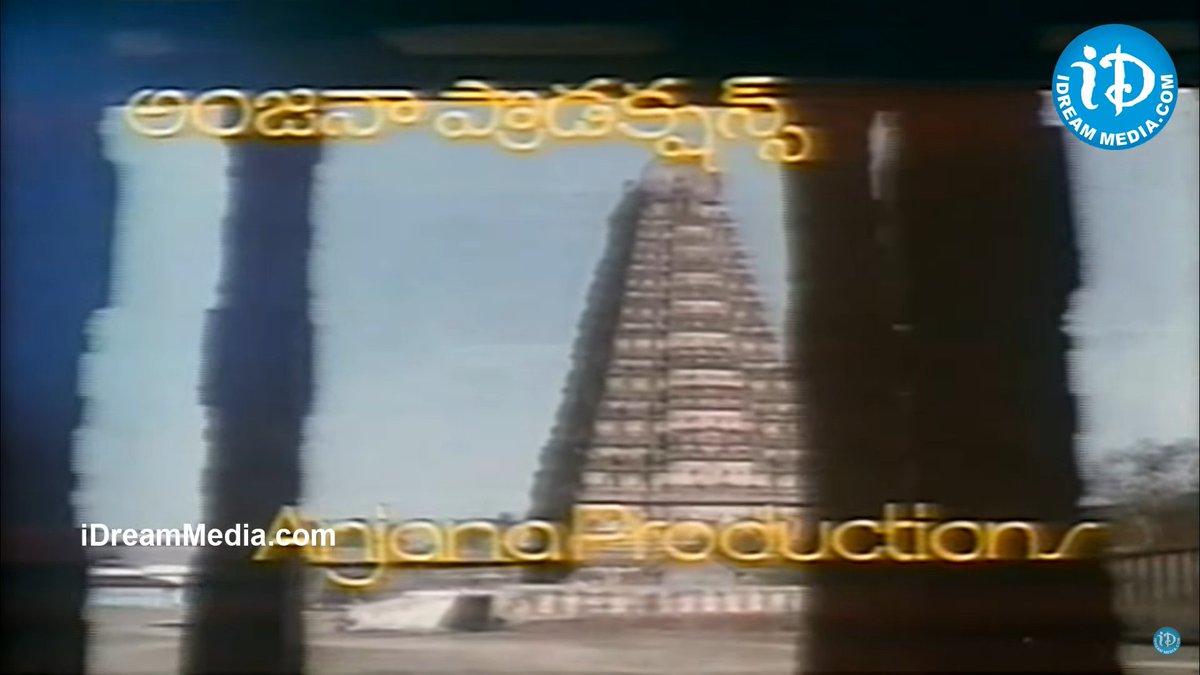
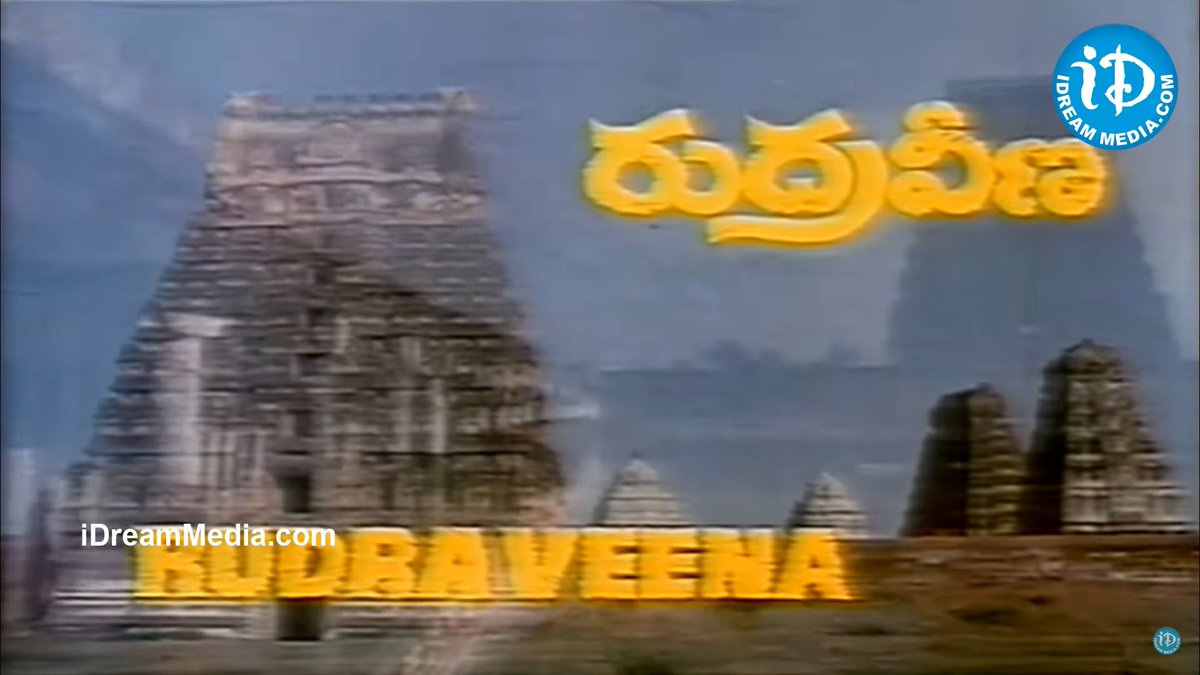


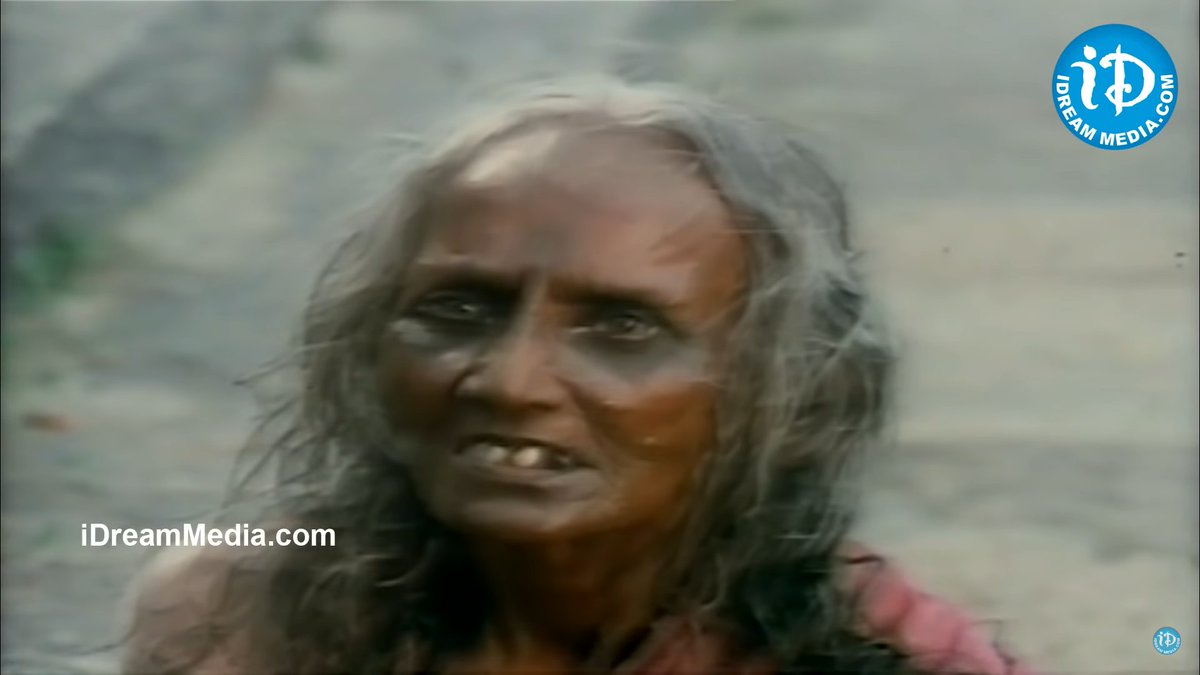
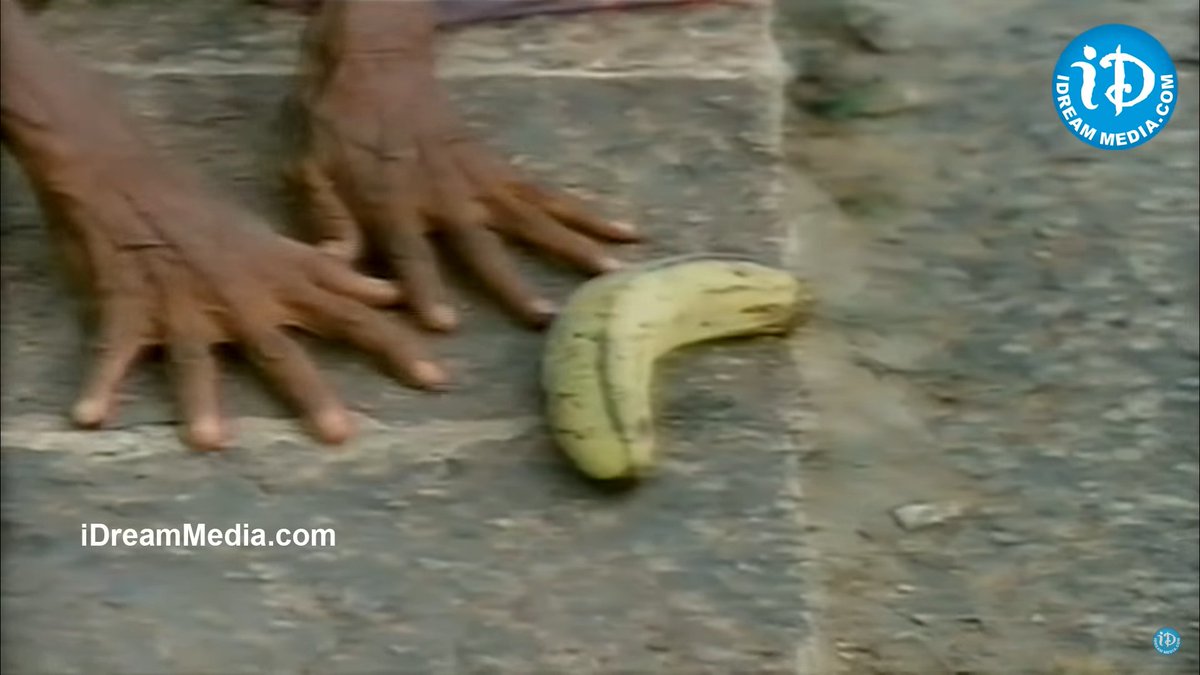
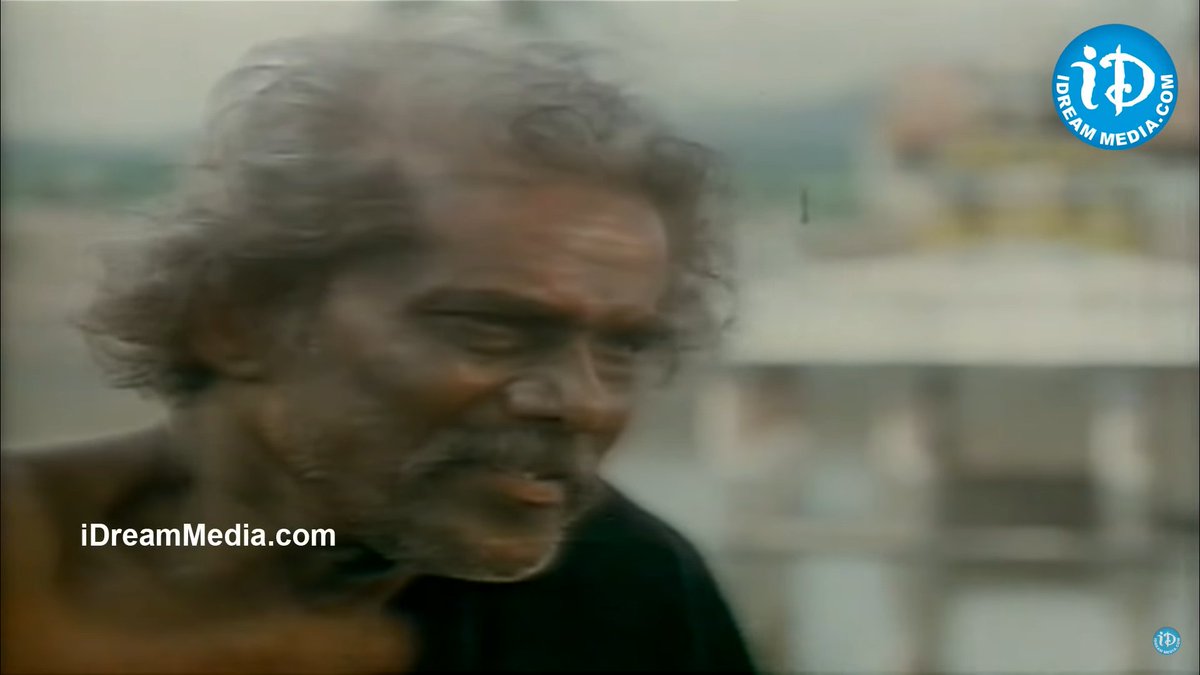
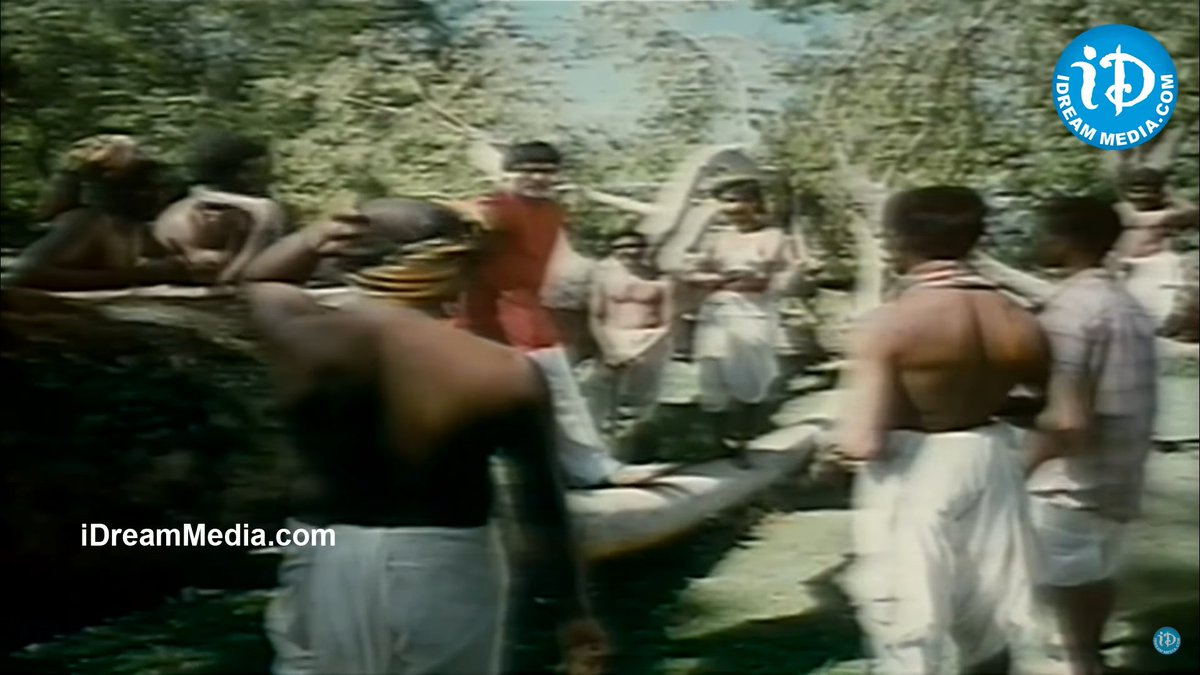
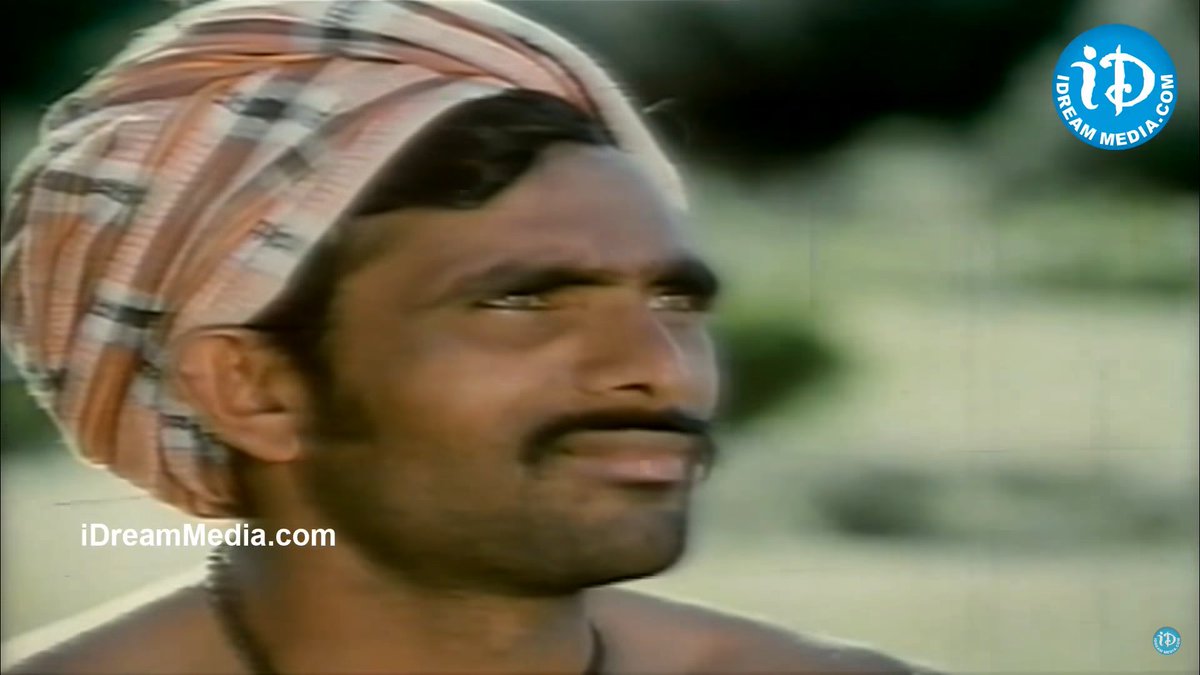
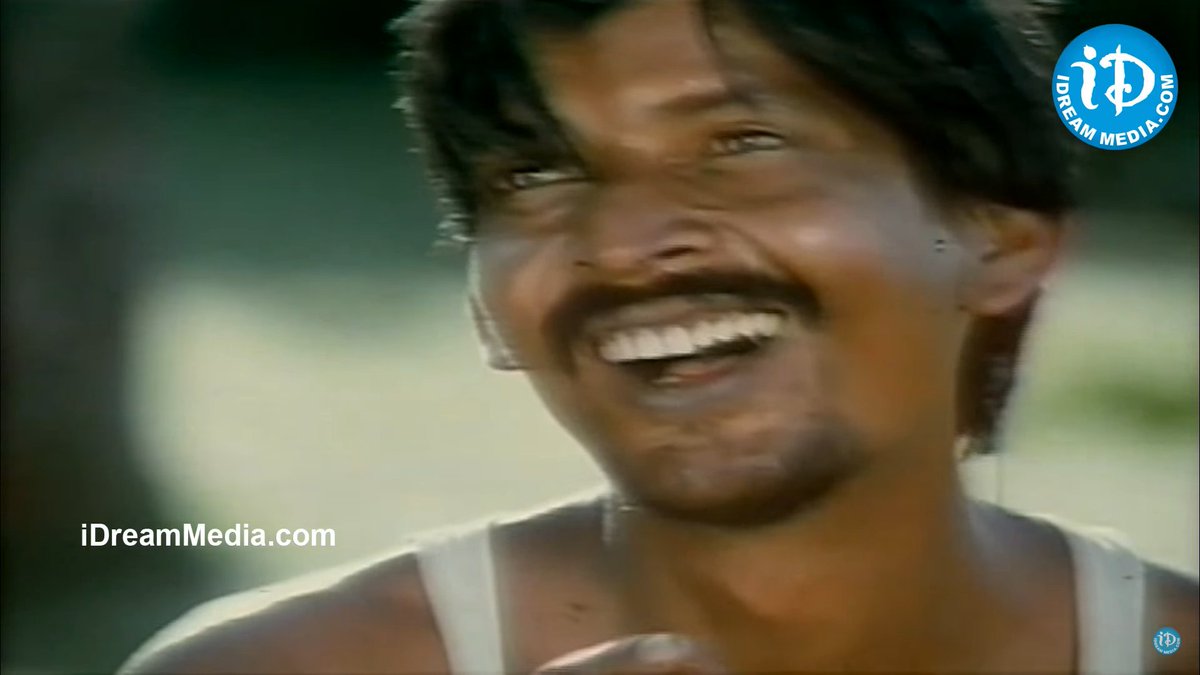
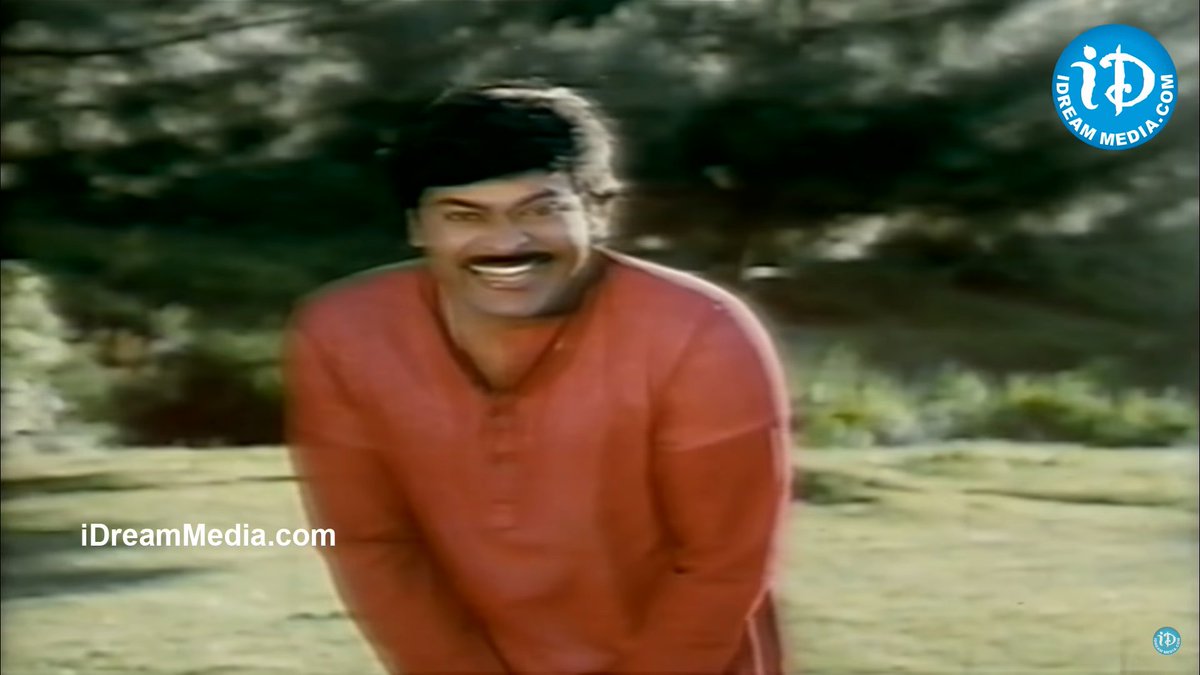
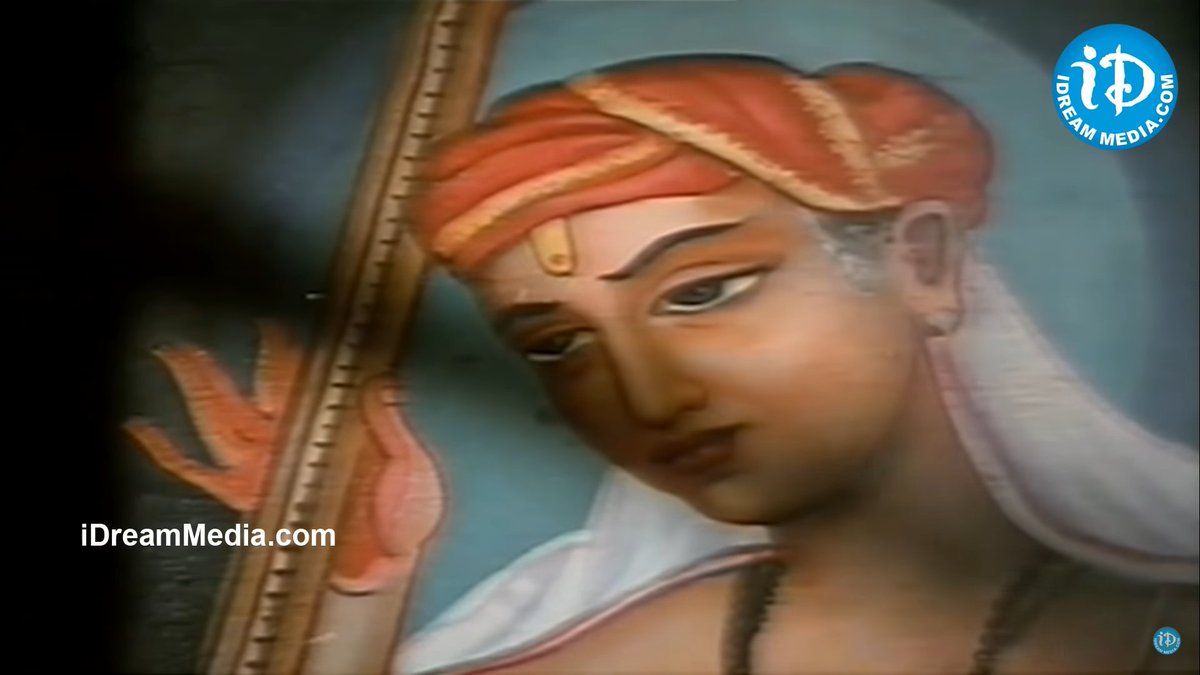
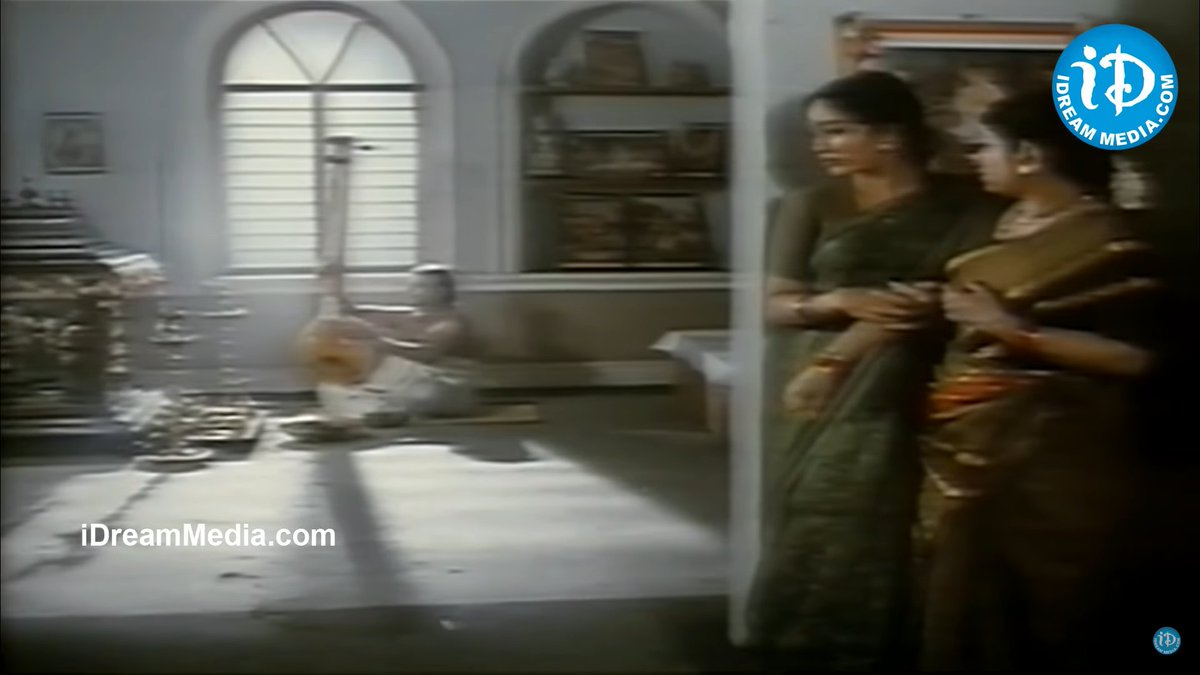
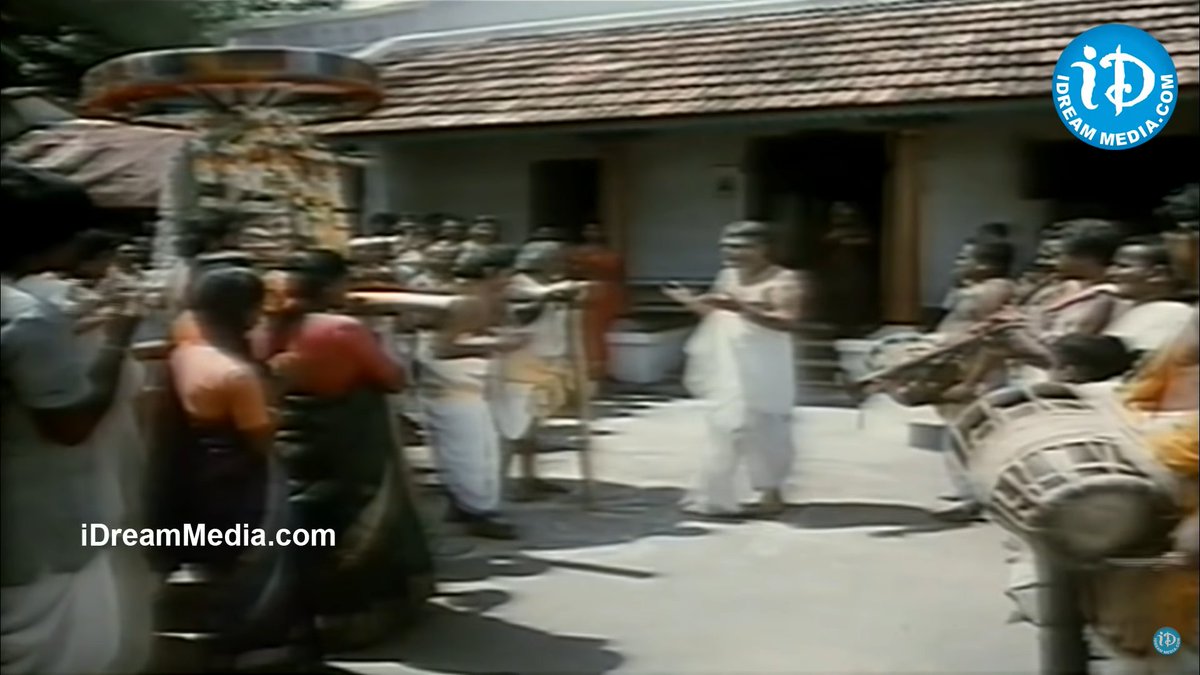
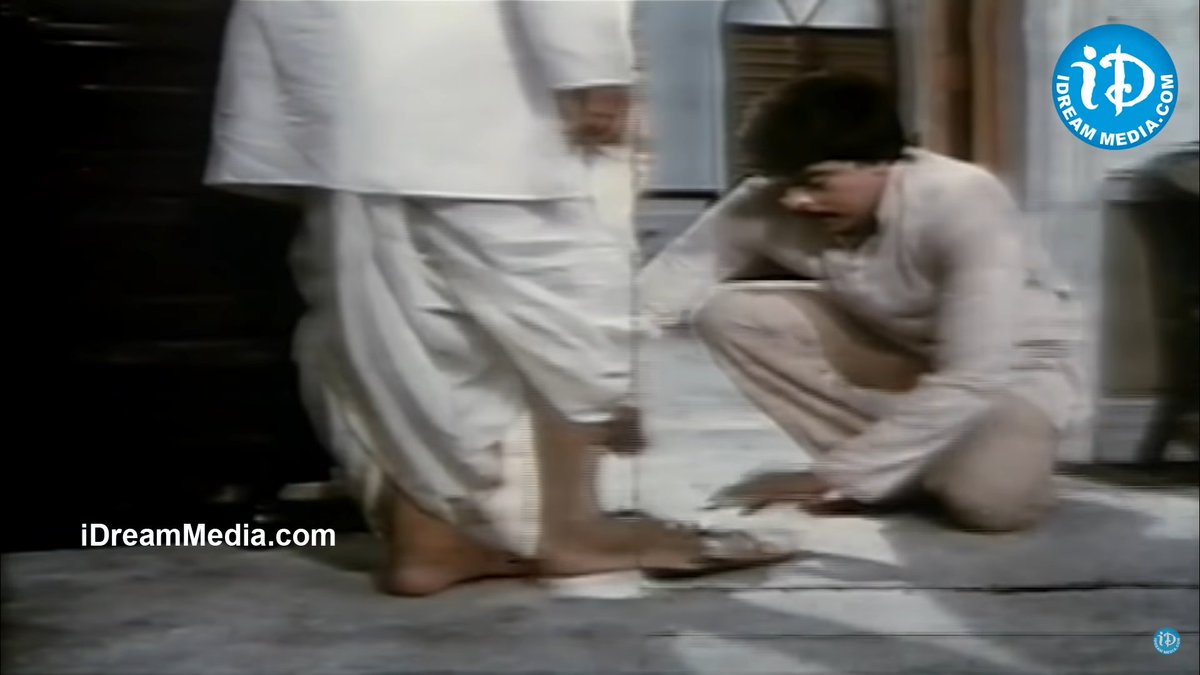
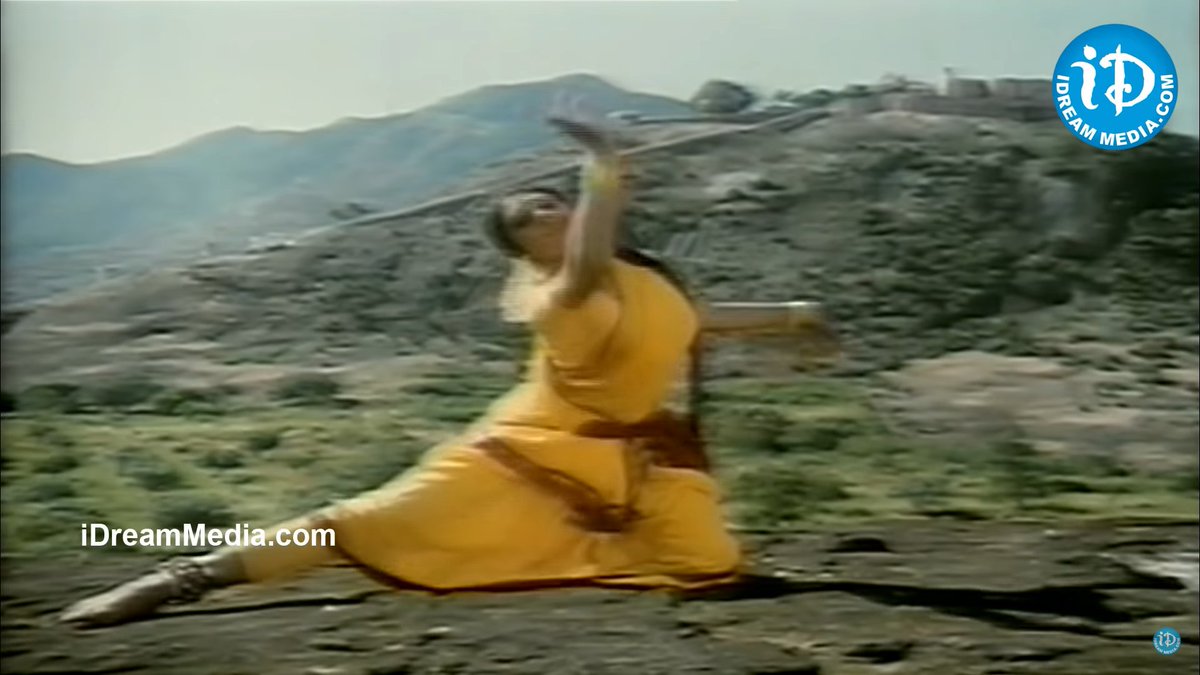
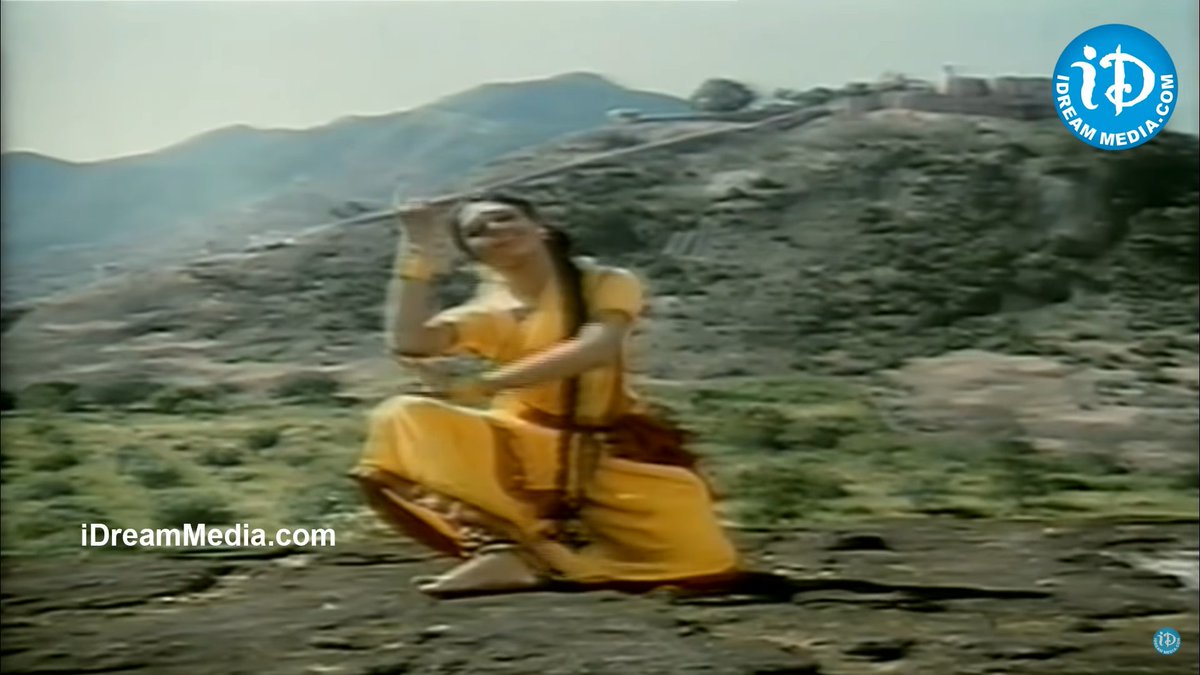
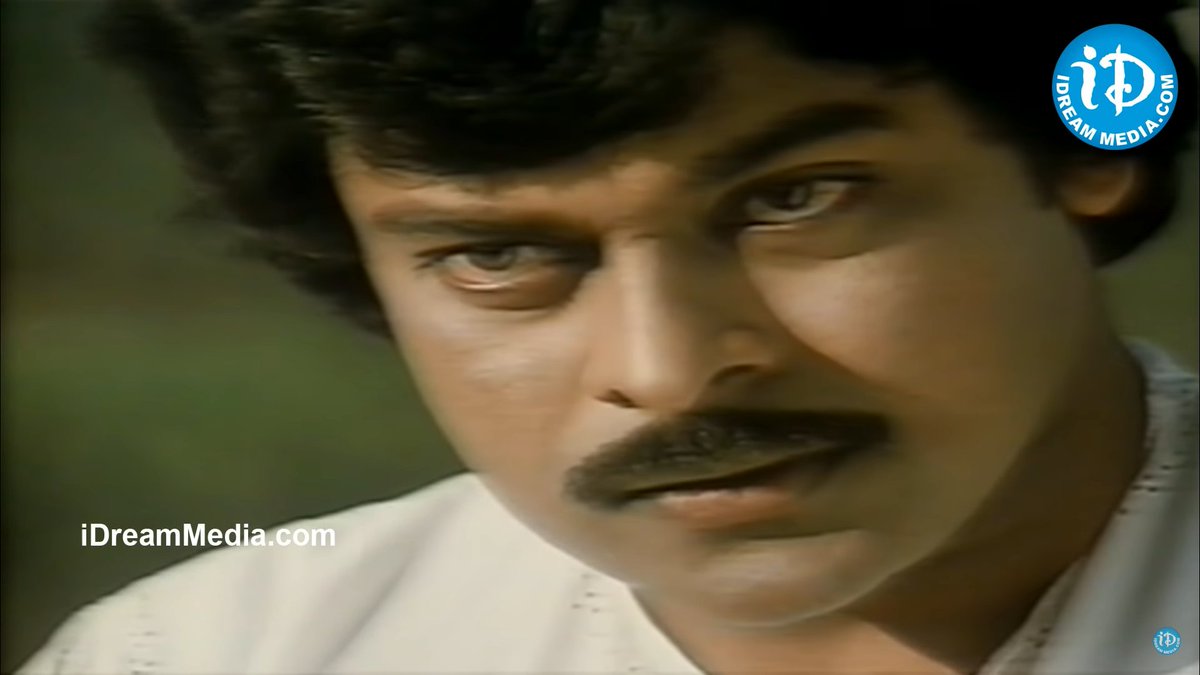
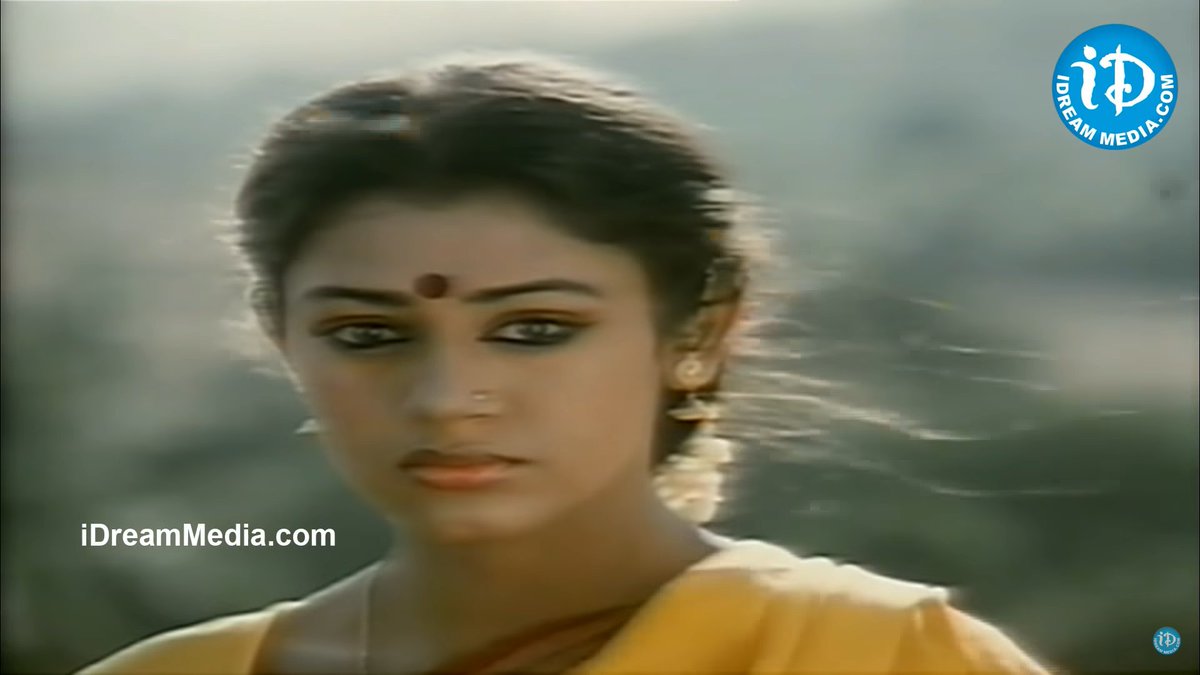
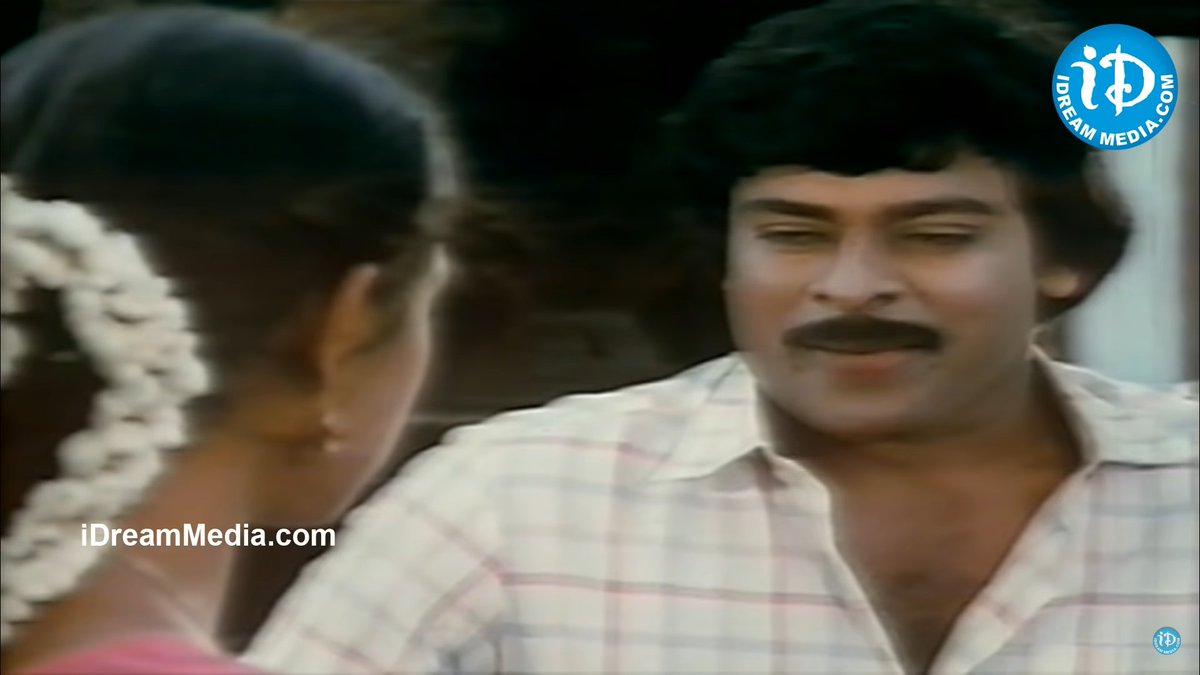 https://abs.twimg.com/emoji/v2/... draggable="false" alt="♥️" title="Heart suit" aria-label="Emoji: Heart suit">" title="What could have a been a higher caste saviour trope romance, is balanced with her boldness. She isn& #39;t impressed by the Brahmin boy at a glance and he doesn& #39;t act privileged with her. Their love for music helps them to bond & communicate unlike stalking misogyny. "Pentamma" https://abs.twimg.com/emoji/v2/... draggable="false" alt="😂" title="Face with tears of joy" aria-label="Emoji: Face with tears of joy">https://abs.twimg.com/emoji/v2/... draggable="false" alt="♥️" title="Heart suit" aria-label="Emoji: Heart suit">">
https://abs.twimg.com/emoji/v2/... draggable="false" alt="♥️" title="Heart suit" aria-label="Emoji: Heart suit">" title="What could have a been a higher caste saviour trope romance, is balanced with her boldness. She isn& #39;t impressed by the Brahmin boy at a glance and he doesn& #39;t act privileged with her. Their love for music helps them to bond & communicate unlike stalking misogyny. "Pentamma" https://abs.twimg.com/emoji/v2/... draggable="false" alt="😂" title="Face with tears of joy" aria-label="Emoji: Face with tears of joy">https://abs.twimg.com/emoji/v2/... draggable="false" alt="♥️" title="Heart suit" aria-label="Emoji: Heart suit">">
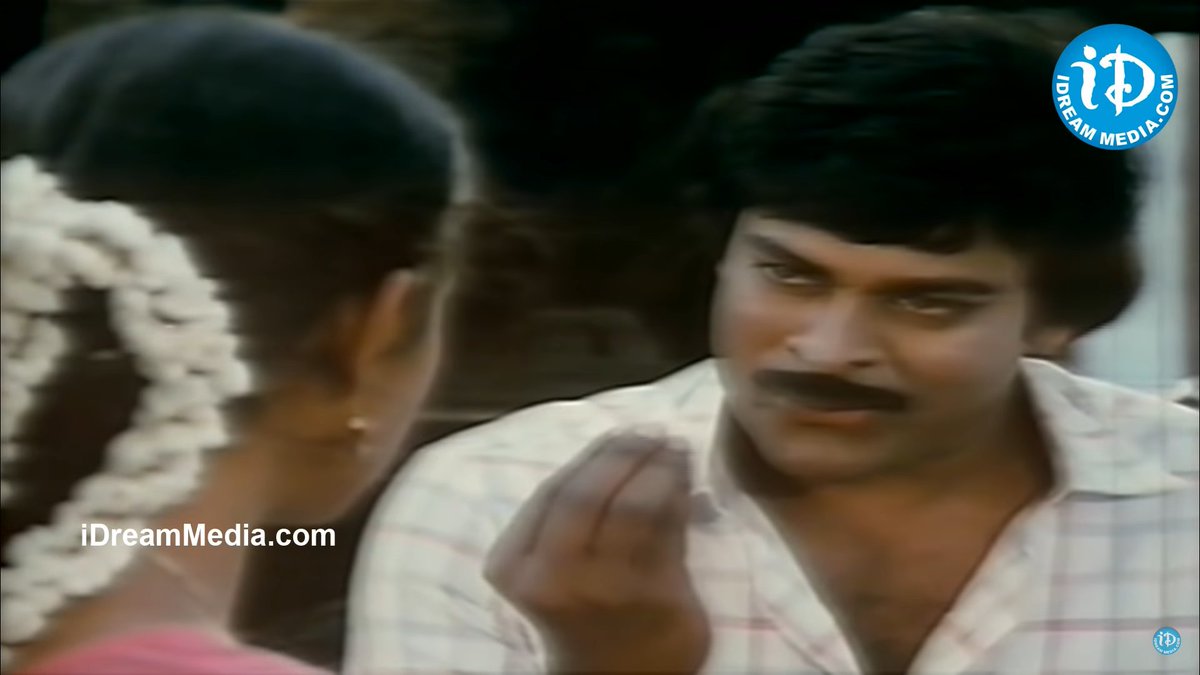 https://abs.twimg.com/emoji/v2/... draggable="false" alt="♥️" title="Heart suit" aria-label="Emoji: Heart suit">" title="What could have a been a higher caste saviour trope romance, is balanced with her boldness. She isn& #39;t impressed by the Brahmin boy at a glance and he doesn& #39;t act privileged with her. Their love for music helps them to bond & communicate unlike stalking misogyny. "Pentamma" https://abs.twimg.com/emoji/v2/... draggable="false" alt="😂" title="Face with tears of joy" aria-label="Emoji: Face with tears of joy">https://abs.twimg.com/emoji/v2/... draggable="false" alt="♥️" title="Heart suit" aria-label="Emoji: Heart suit">">
https://abs.twimg.com/emoji/v2/... draggable="false" alt="♥️" title="Heart suit" aria-label="Emoji: Heart suit">" title="What could have a been a higher caste saviour trope romance, is balanced with her boldness. She isn& #39;t impressed by the Brahmin boy at a glance and he doesn& #39;t act privileged with her. Their love for music helps them to bond & communicate unlike stalking misogyny. "Pentamma" https://abs.twimg.com/emoji/v2/... draggable="false" alt="😂" title="Face with tears of joy" aria-label="Emoji: Face with tears of joy">https://abs.twimg.com/emoji/v2/... draggable="false" alt="♥️" title="Heart suit" aria-label="Emoji: Heart suit">">
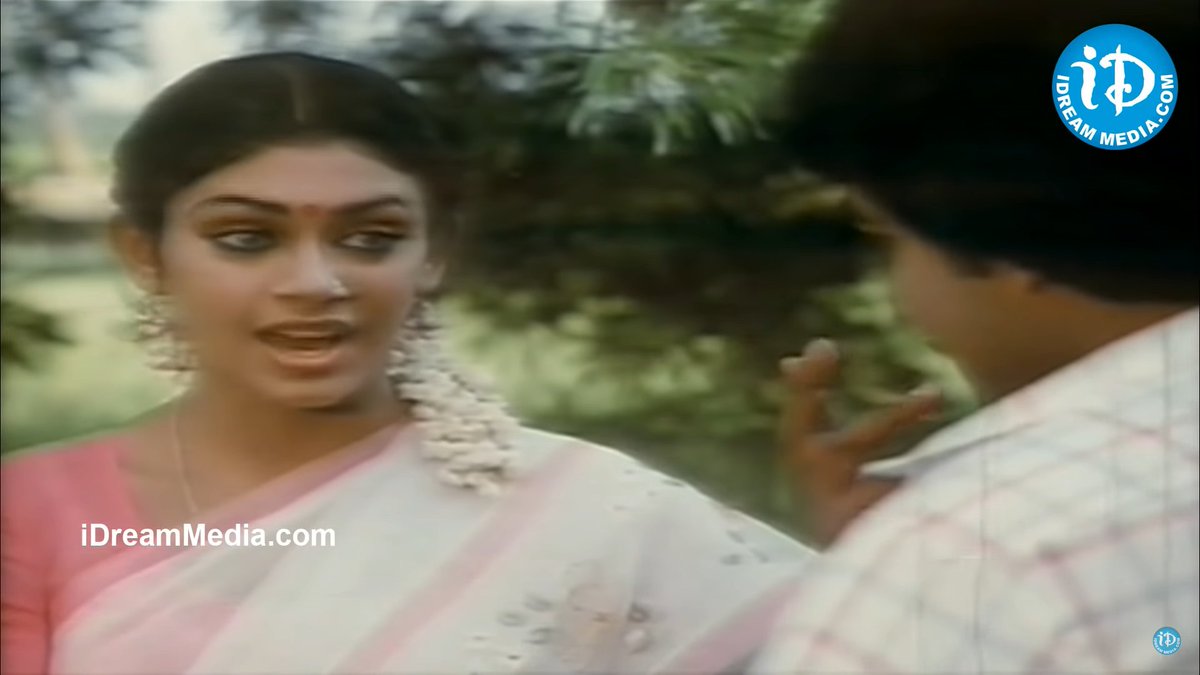 https://abs.twimg.com/emoji/v2/... draggable="false" alt="♥️" title="Heart suit" aria-label="Emoji: Heart suit">" title="What could have a been a higher caste saviour trope romance, is balanced with her boldness. She isn& #39;t impressed by the Brahmin boy at a glance and he doesn& #39;t act privileged with her. Their love for music helps them to bond & communicate unlike stalking misogyny. "Pentamma" https://abs.twimg.com/emoji/v2/... draggable="false" alt="😂" title="Face with tears of joy" aria-label="Emoji: Face with tears of joy">https://abs.twimg.com/emoji/v2/... draggable="false" alt="♥️" title="Heart suit" aria-label="Emoji: Heart suit">">
https://abs.twimg.com/emoji/v2/... draggable="false" alt="♥️" title="Heart suit" aria-label="Emoji: Heart suit">" title="What could have a been a higher caste saviour trope romance, is balanced with her boldness. She isn& #39;t impressed by the Brahmin boy at a glance and he doesn& #39;t act privileged with her. Their love for music helps them to bond & communicate unlike stalking misogyny. "Pentamma" https://abs.twimg.com/emoji/v2/... draggable="false" alt="😂" title="Face with tears of joy" aria-label="Emoji: Face with tears of joy">https://abs.twimg.com/emoji/v2/... draggable="false" alt="♥️" title="Heart suit" aria-label="Emoji: Heart suit">">
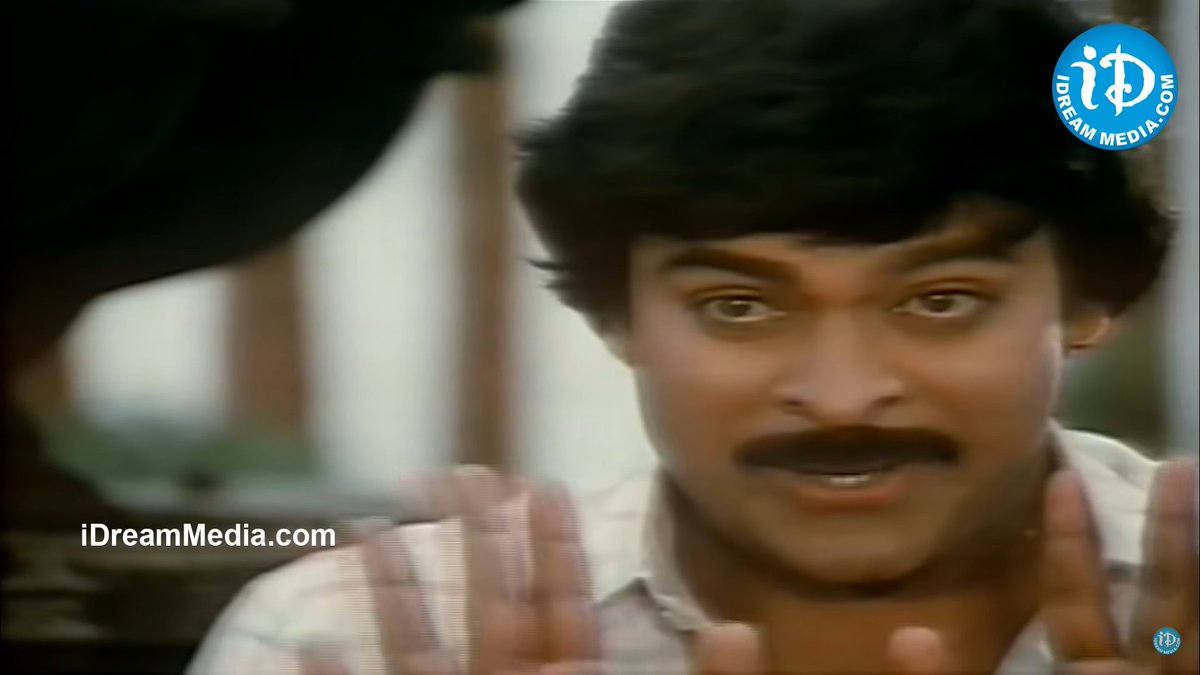 https://abs.twimg.com/emoji/v2/... draggable="false" alt="♥️" title="Heart suit" aria-label="Emoji: Heart suit">" title="What could have a been a higher caste saviour trope romance, is balanced with her boldness. She isn& #39;t impressed by the Brahmin boy at a glance and he doesn& #39;t act privileged with her. Their love for music helps them to bond & communicate unlike stalking misogyny. "Pentamma" https://abs.twimg.com/emoji/v2/... draggable="false" alt="😂" title="Face with tears of joy" aria-label="Emoji: Face with tears of joy">https://abs.twimg.com/emoji/v2/... draggable="false" alt="♥️" title="Heart suit" aria-label="Emoji: Heart suit">">
https://abs.twimg.com/emoji/v2/... draggable="false" alt="♥️" title="Heart suit" aria-label="Emoji: Heart suit">" title="What could have a been a higher caste saviour trope romance, is balanced with her boldness. She isn& #39;t impressed by the Brahmin boy at a glance and he doesn& #39;t act privileged with her. Their love for music helps them to bond & communicate unlike stalking misogyny. "Pentamma" https://abs.twimg.com/emoji/v2/... draggable="false" alt="😂" title="Face with tears of joy" aria-label="Emoji: Face with tears of joy">https://abs.twimg.com/emoji/v2/... draggable="false" alt="♥️" title="Heart suit" aria-label="Emoji: Heart suit">">
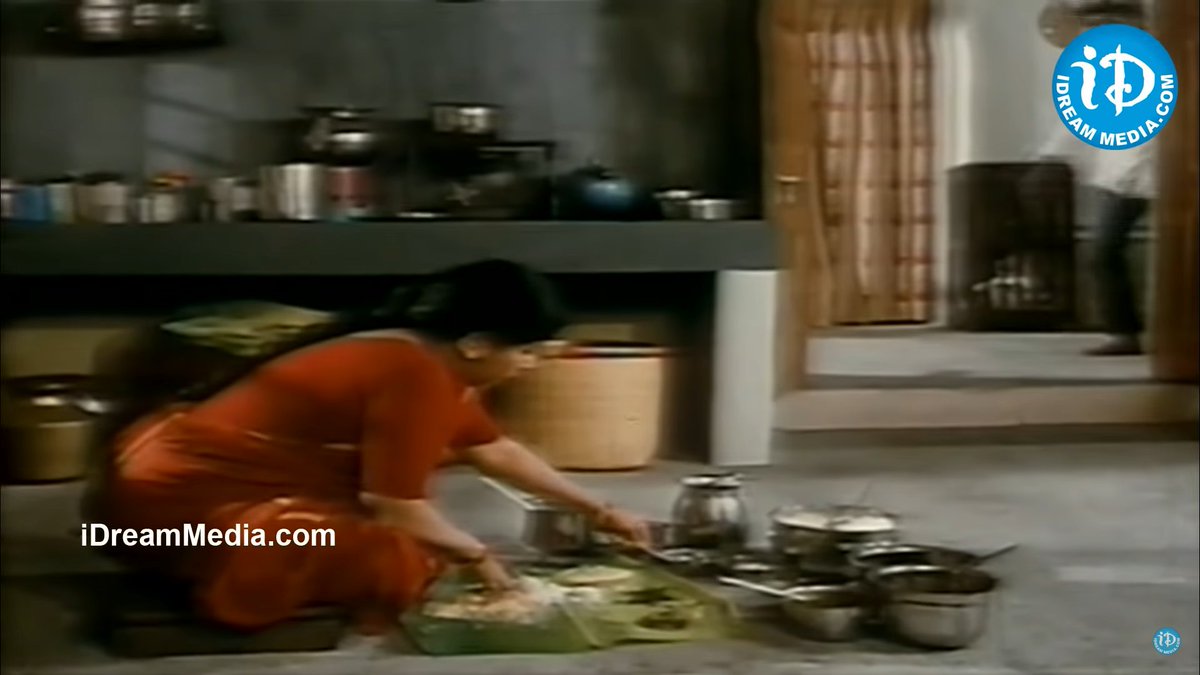
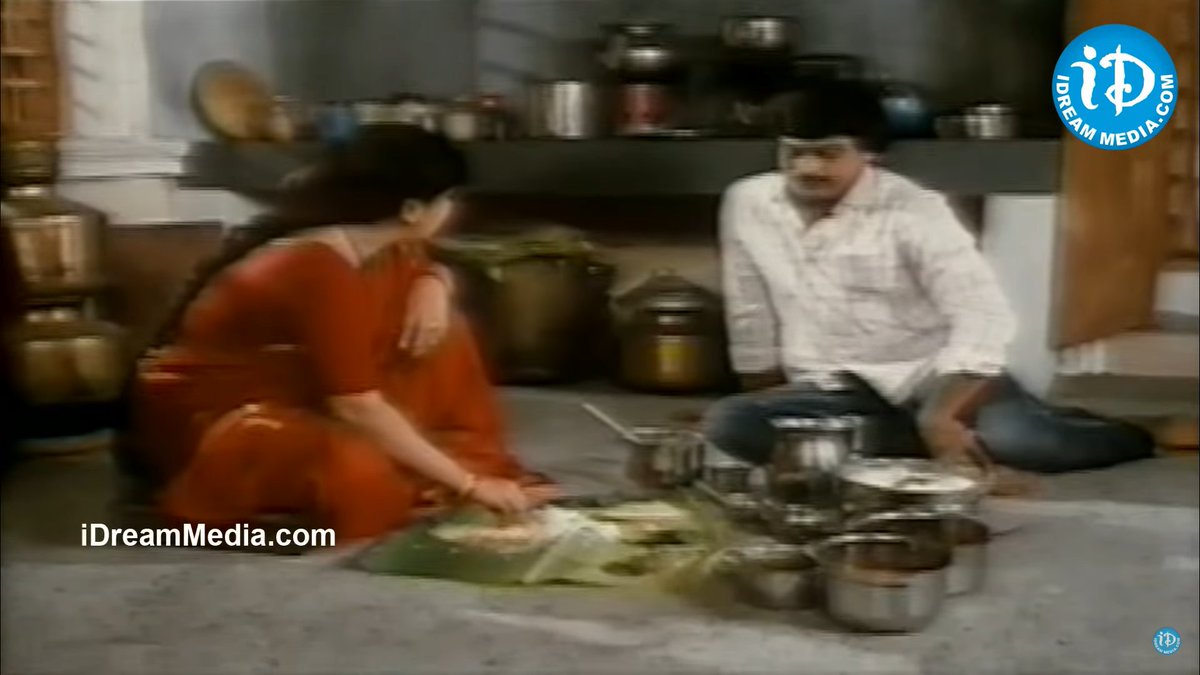
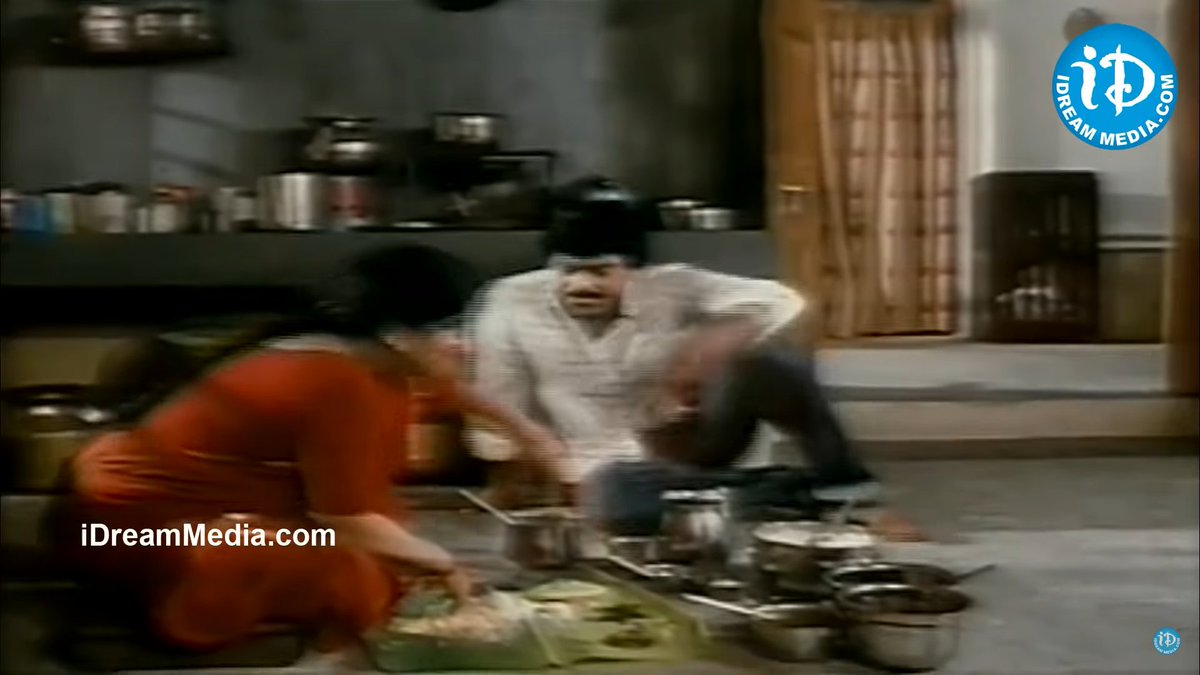
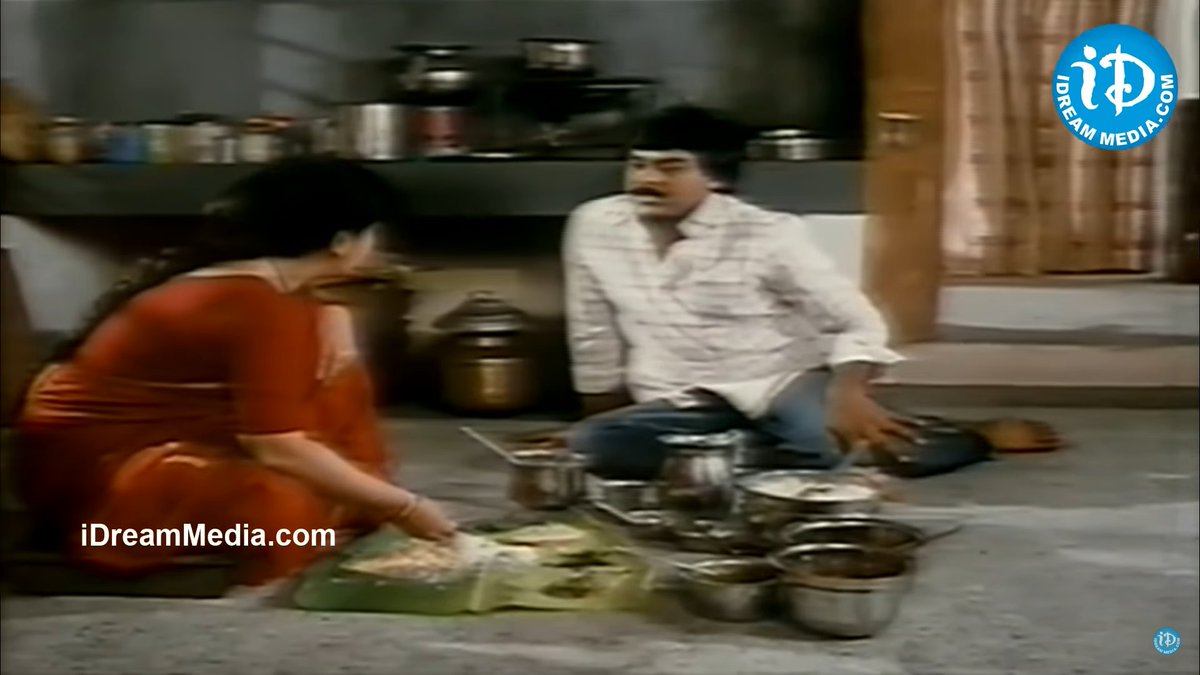
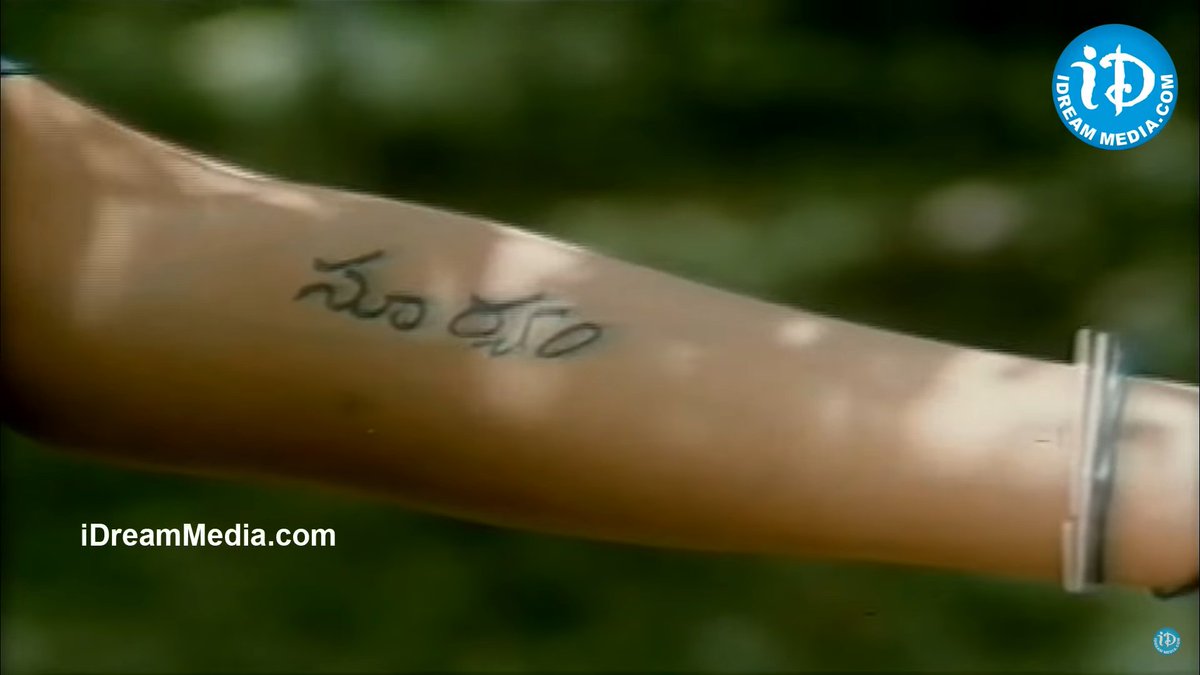
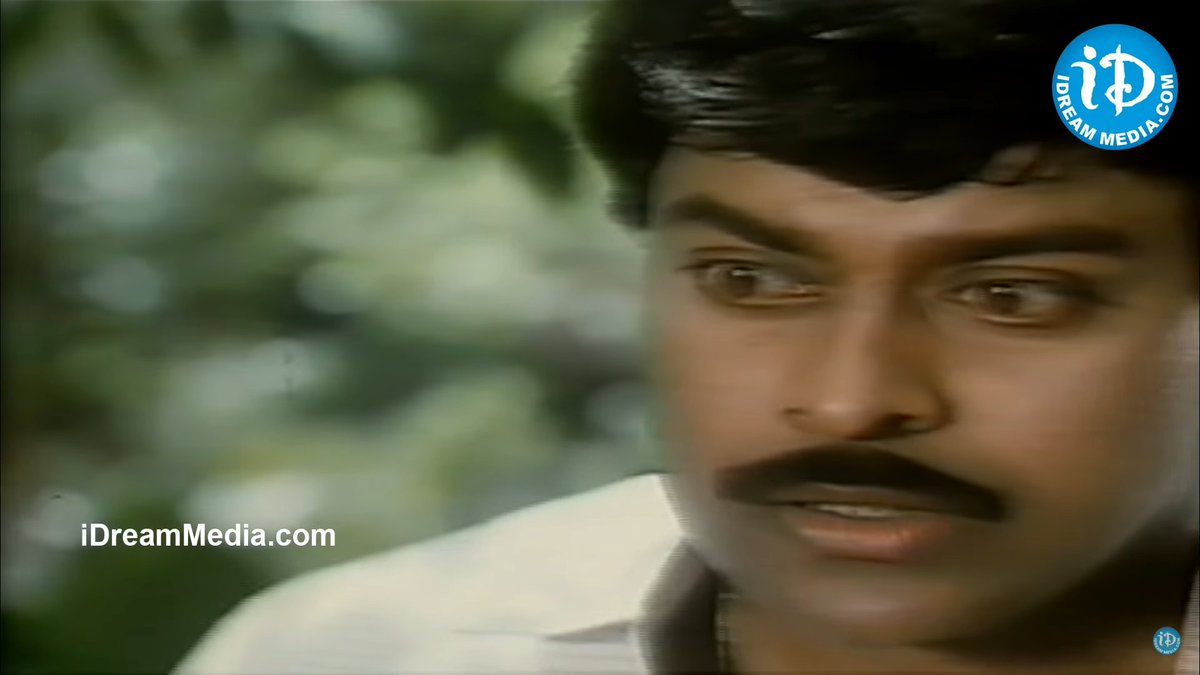
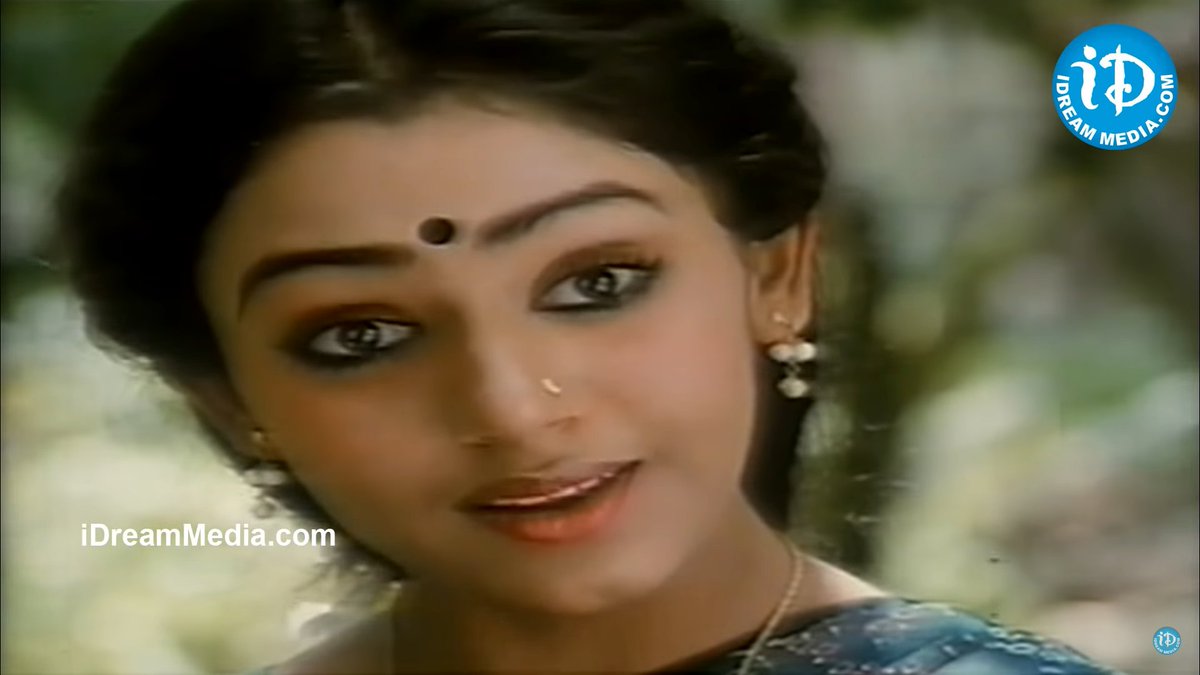

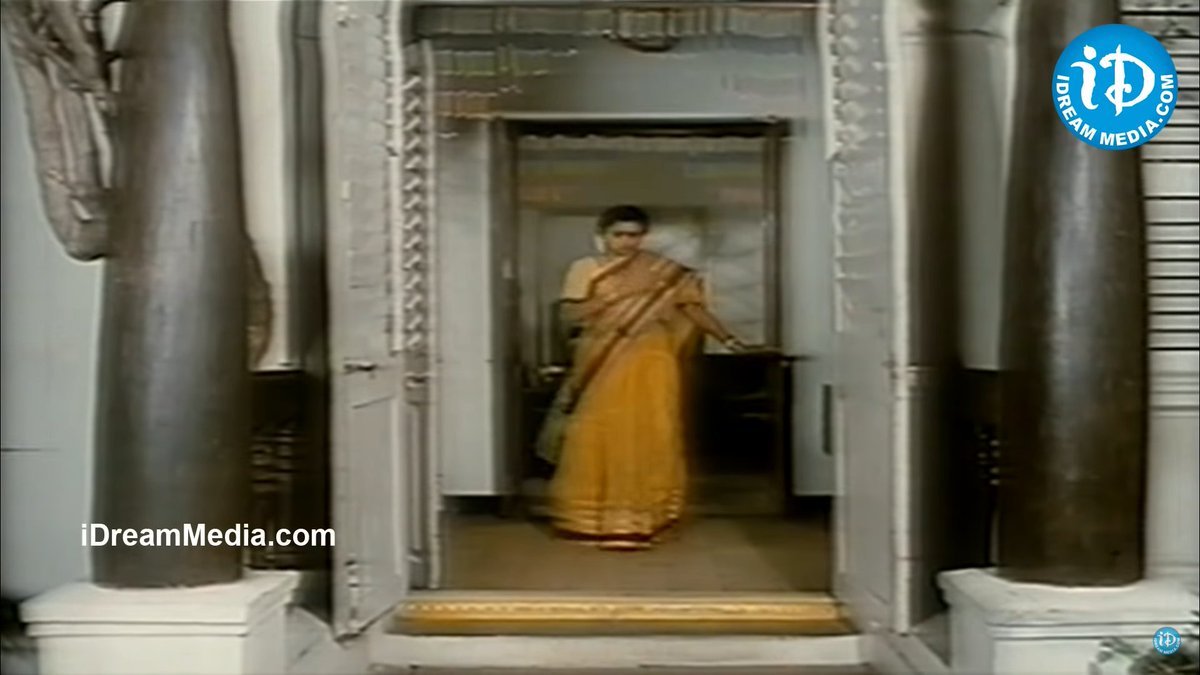
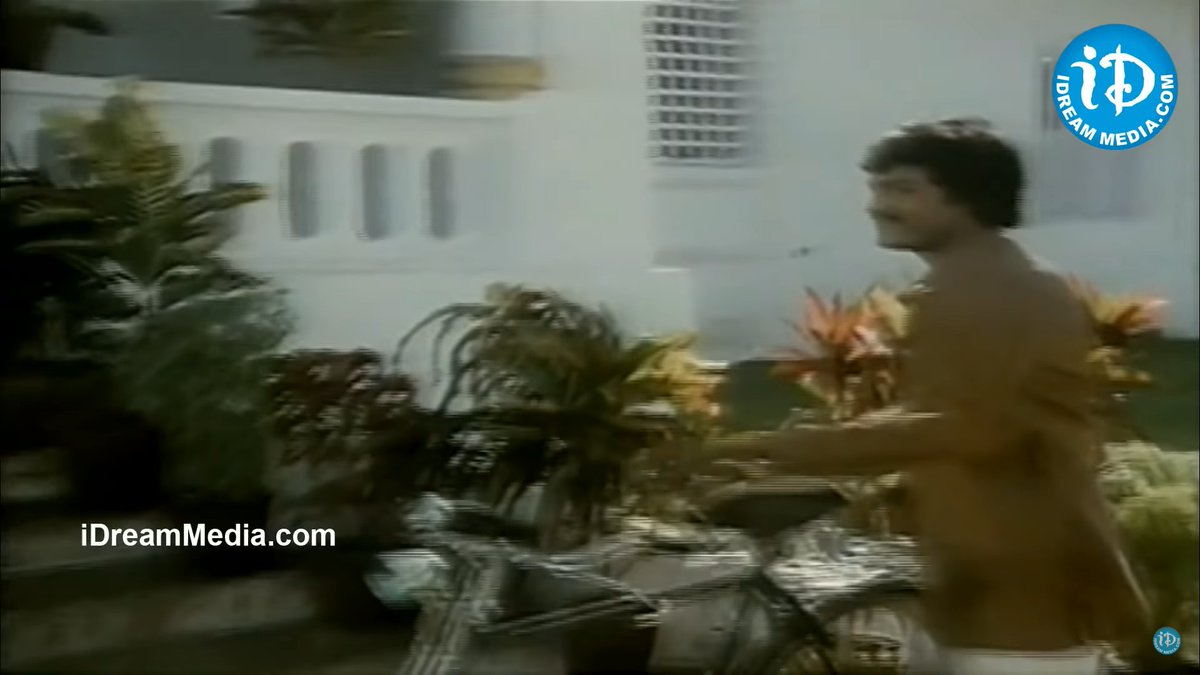
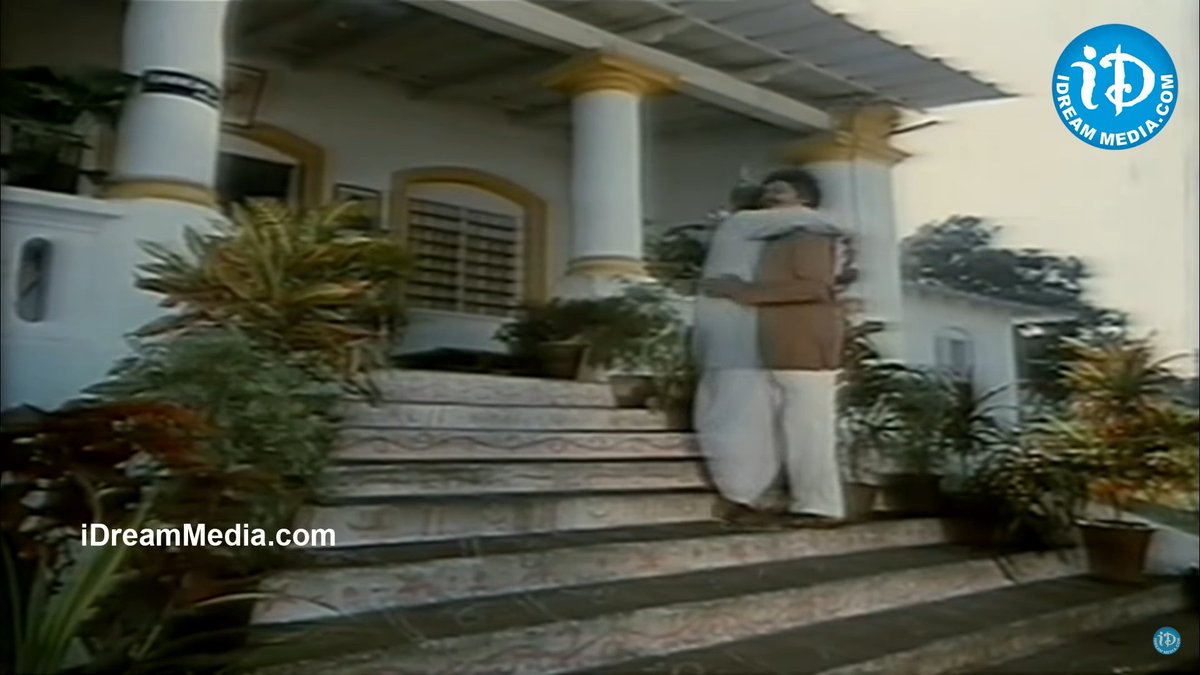

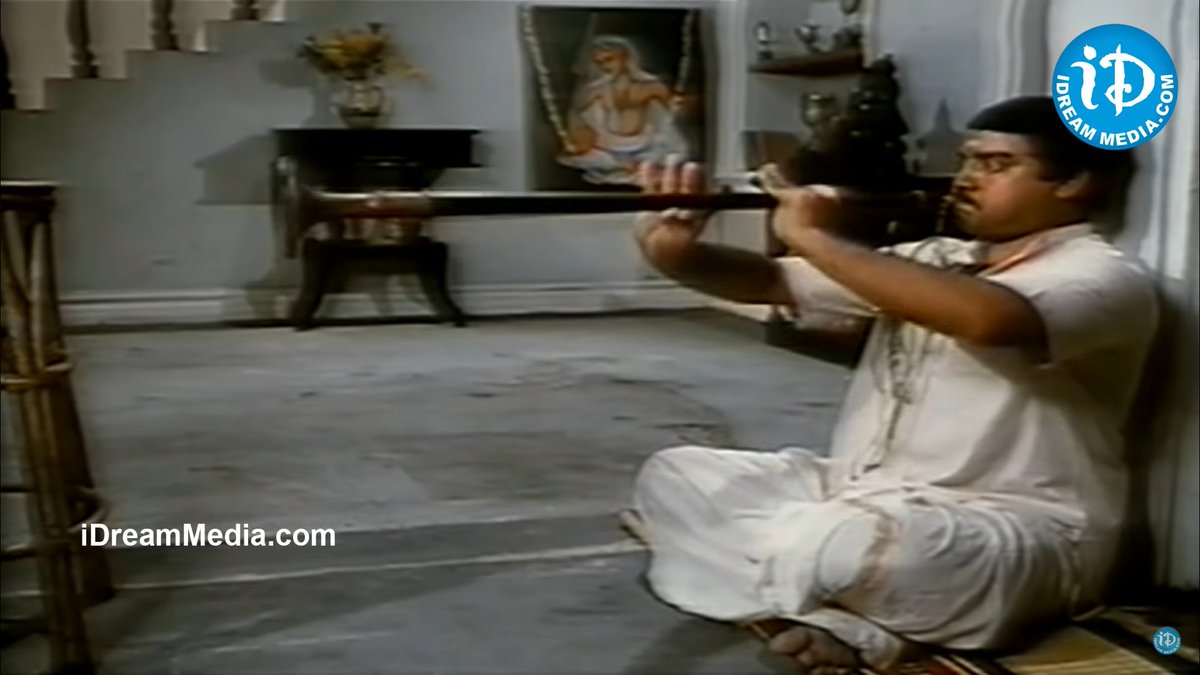
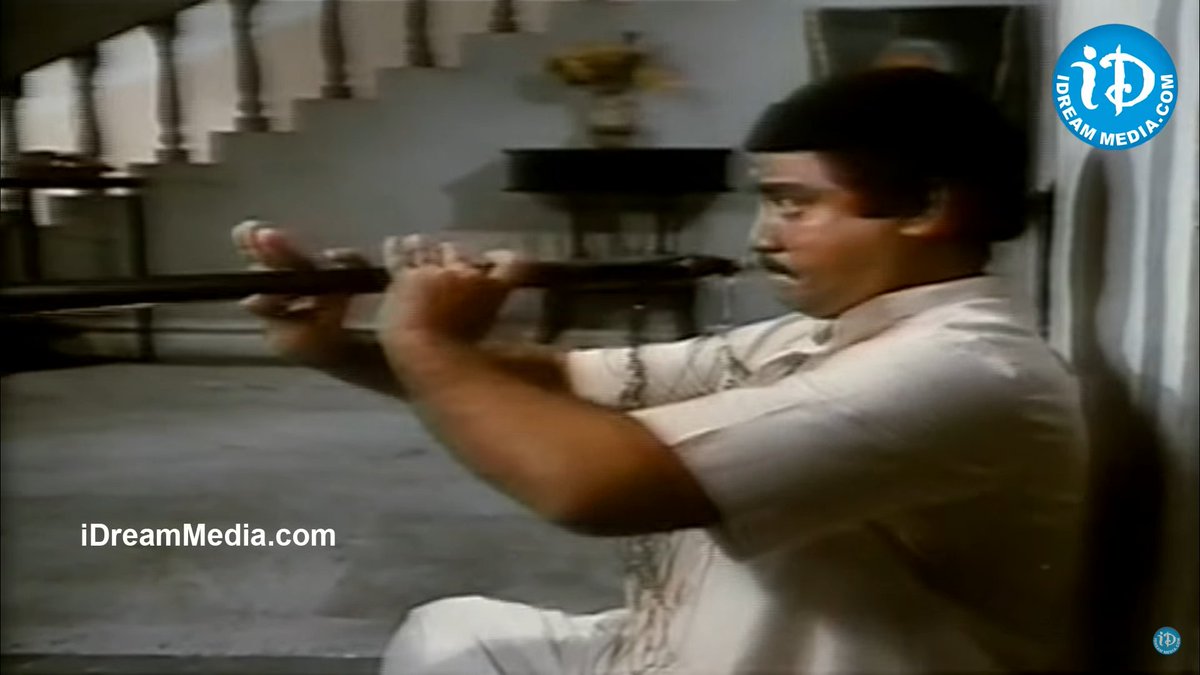

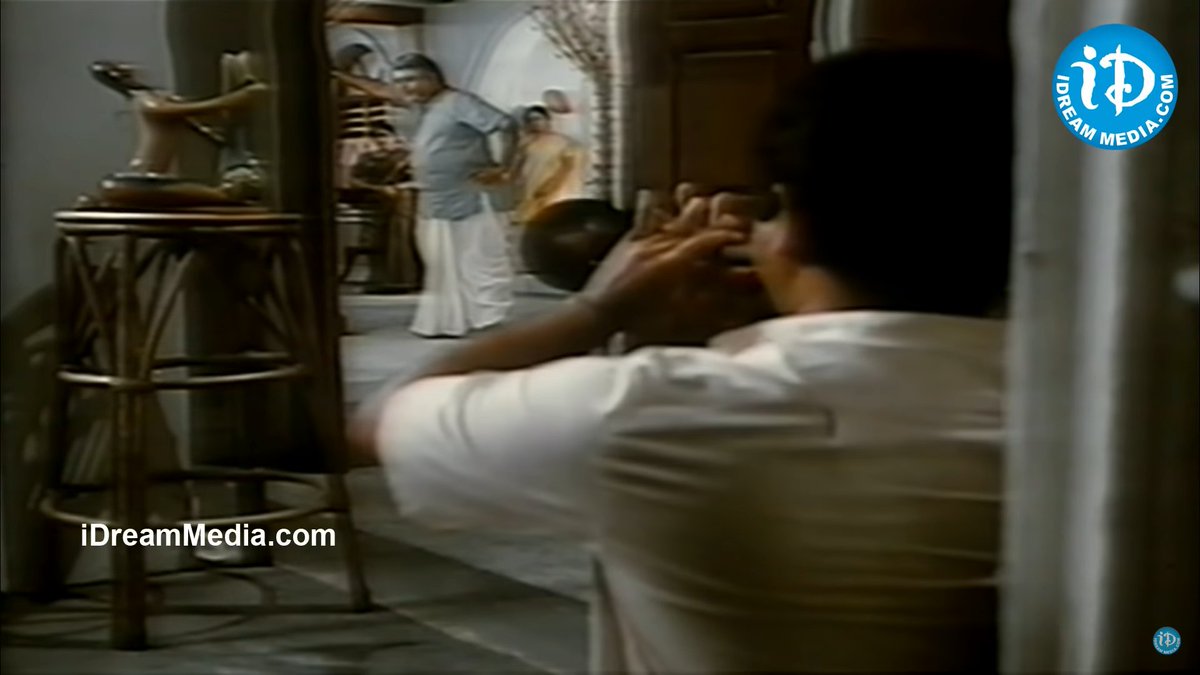

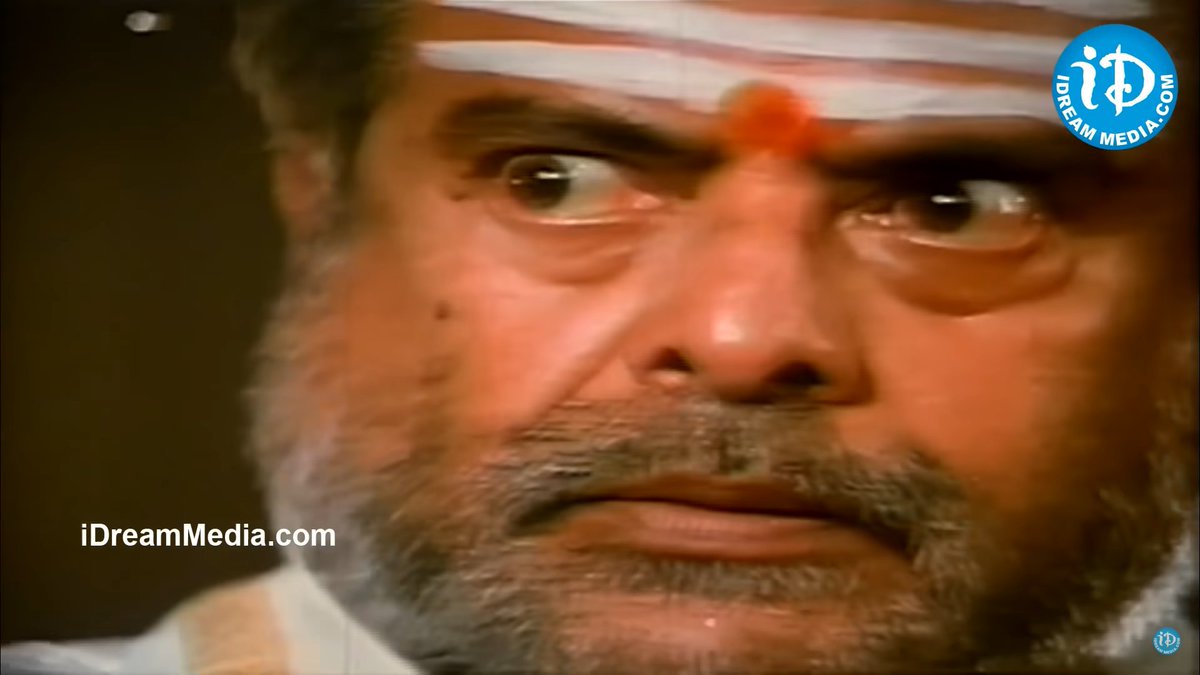
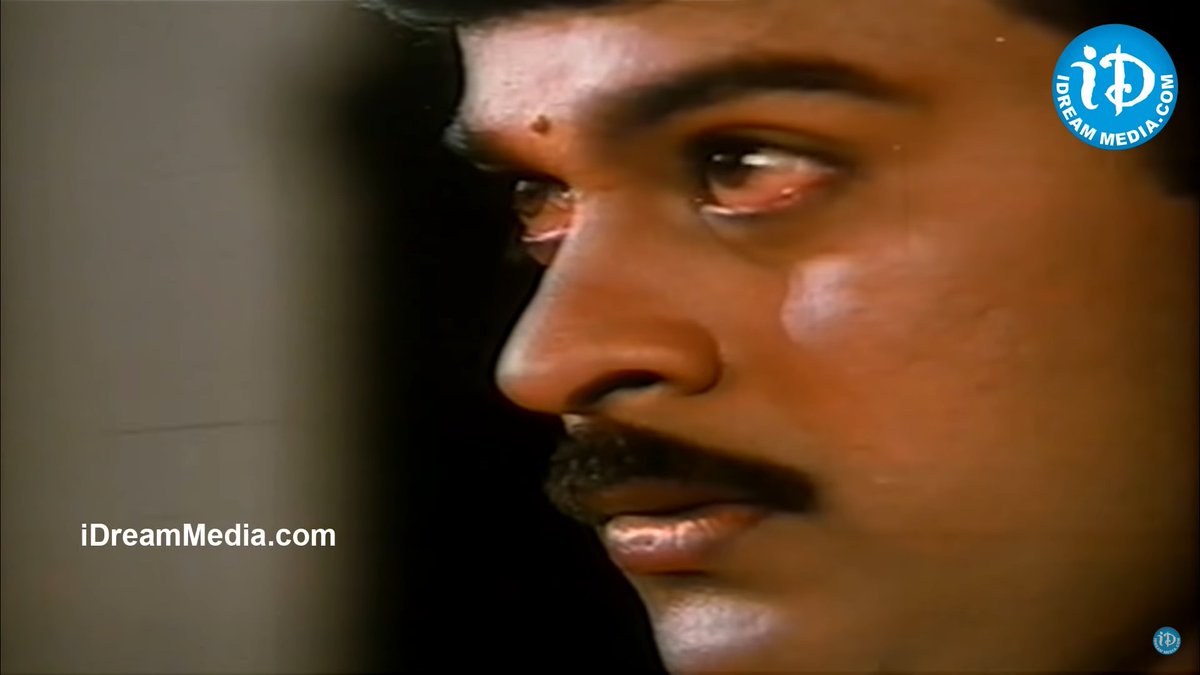
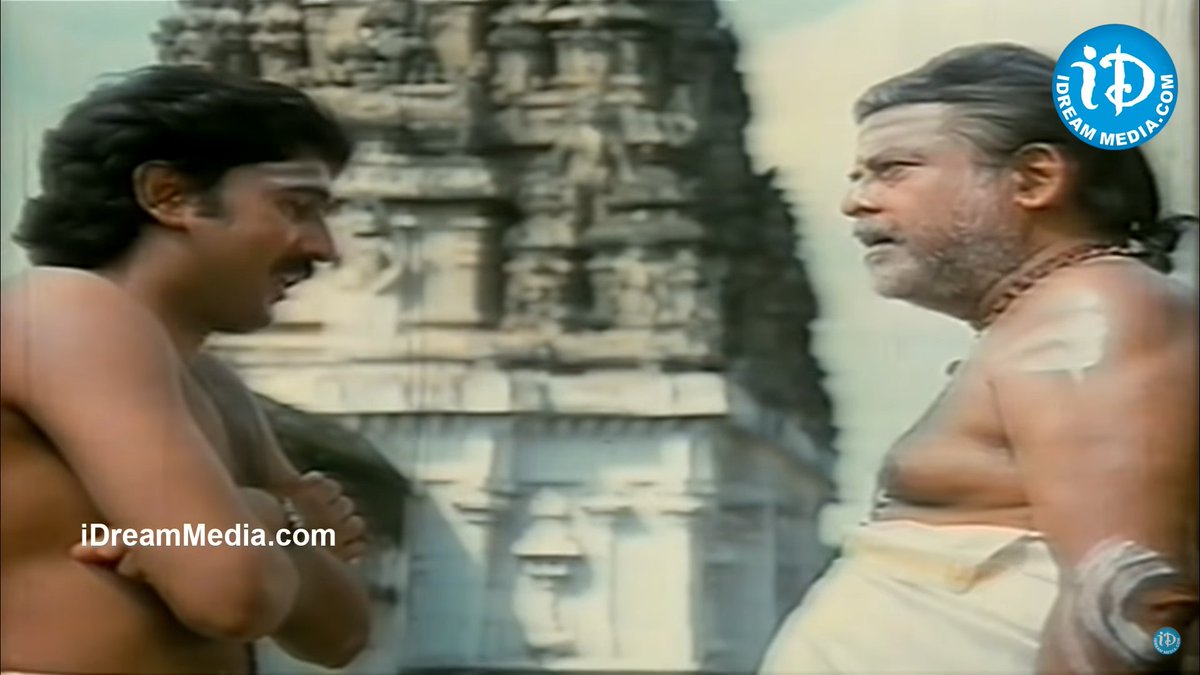
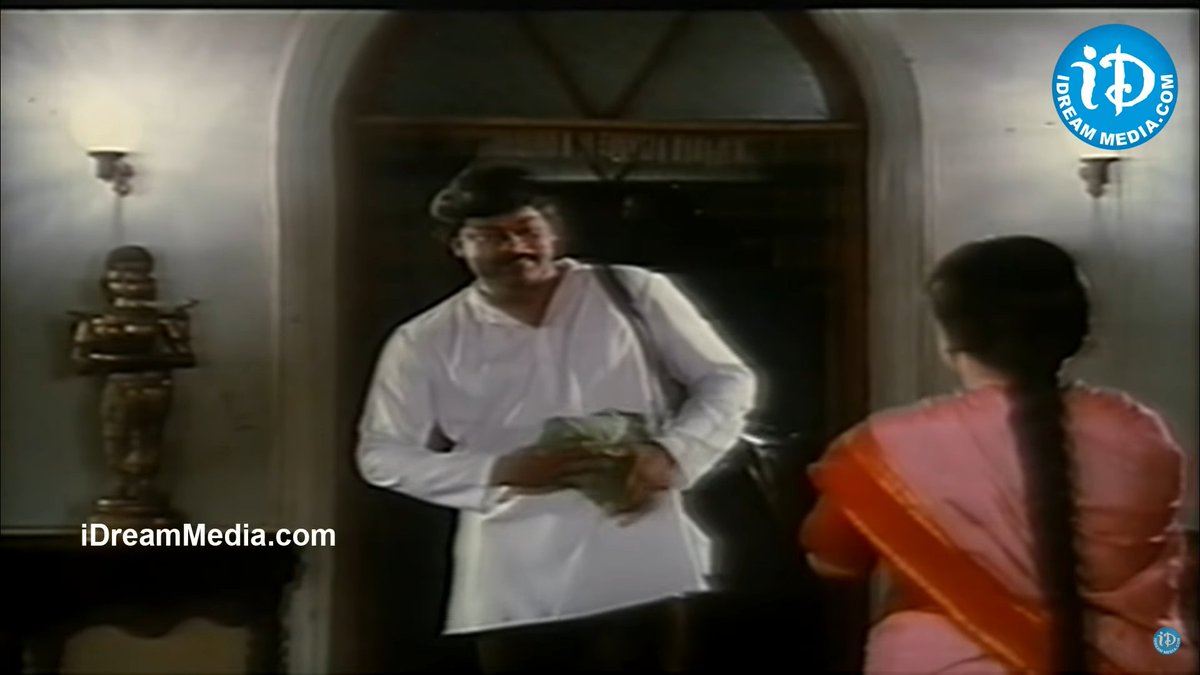
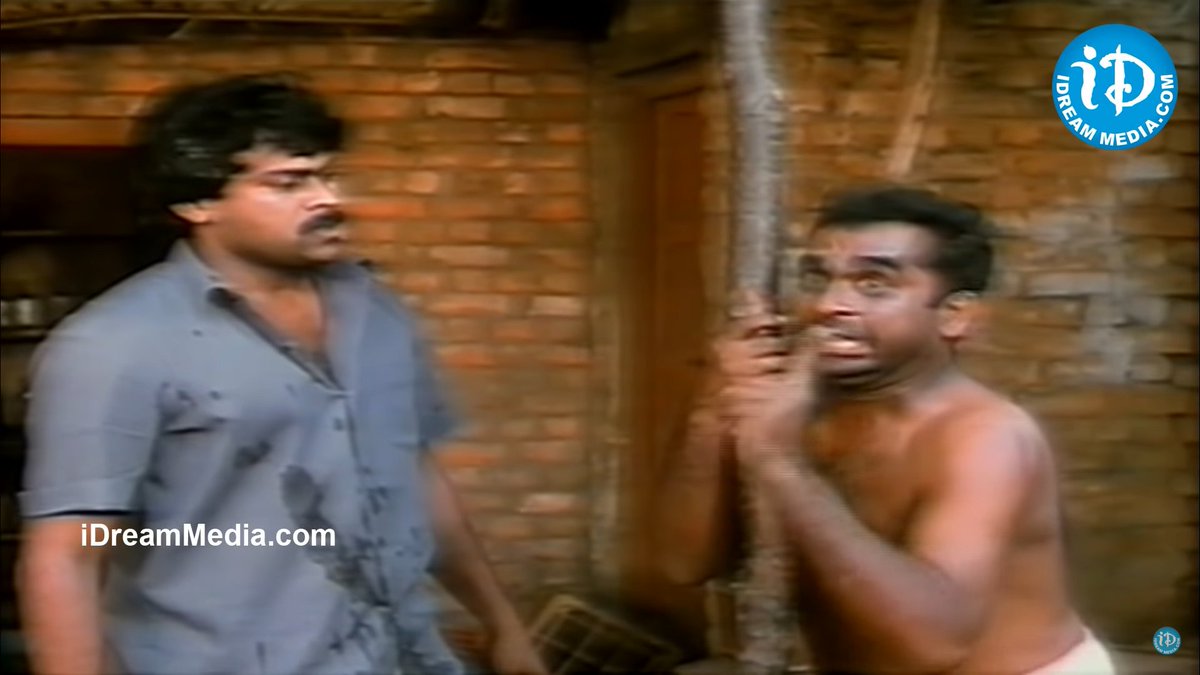
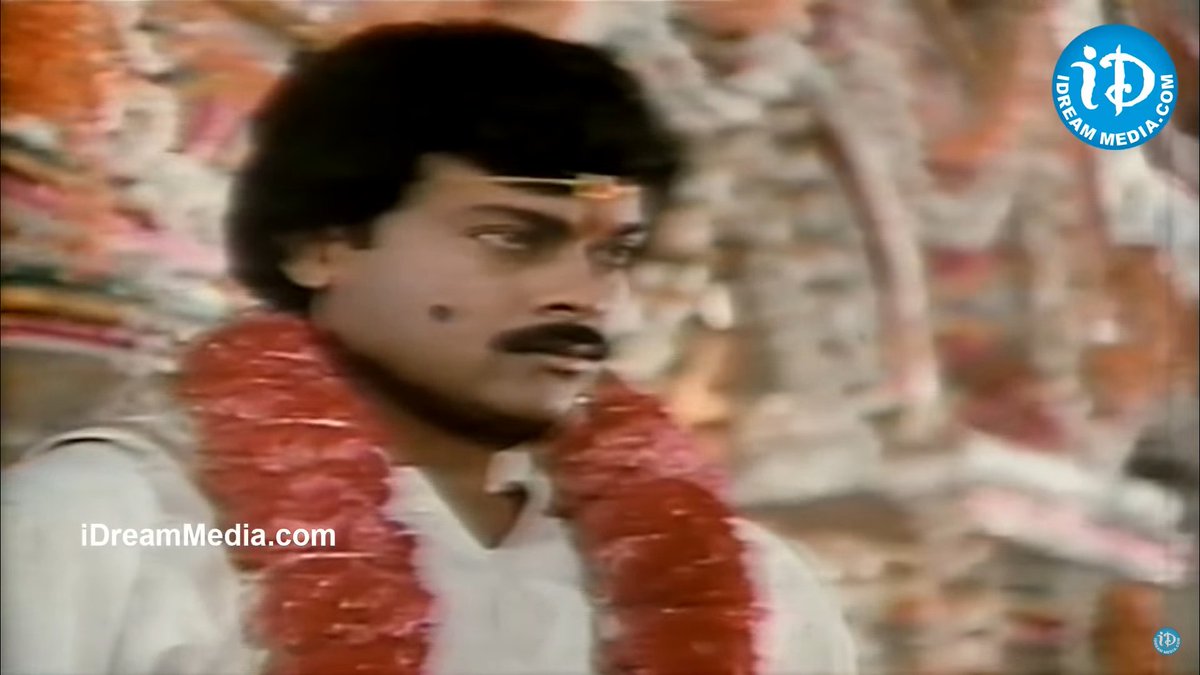
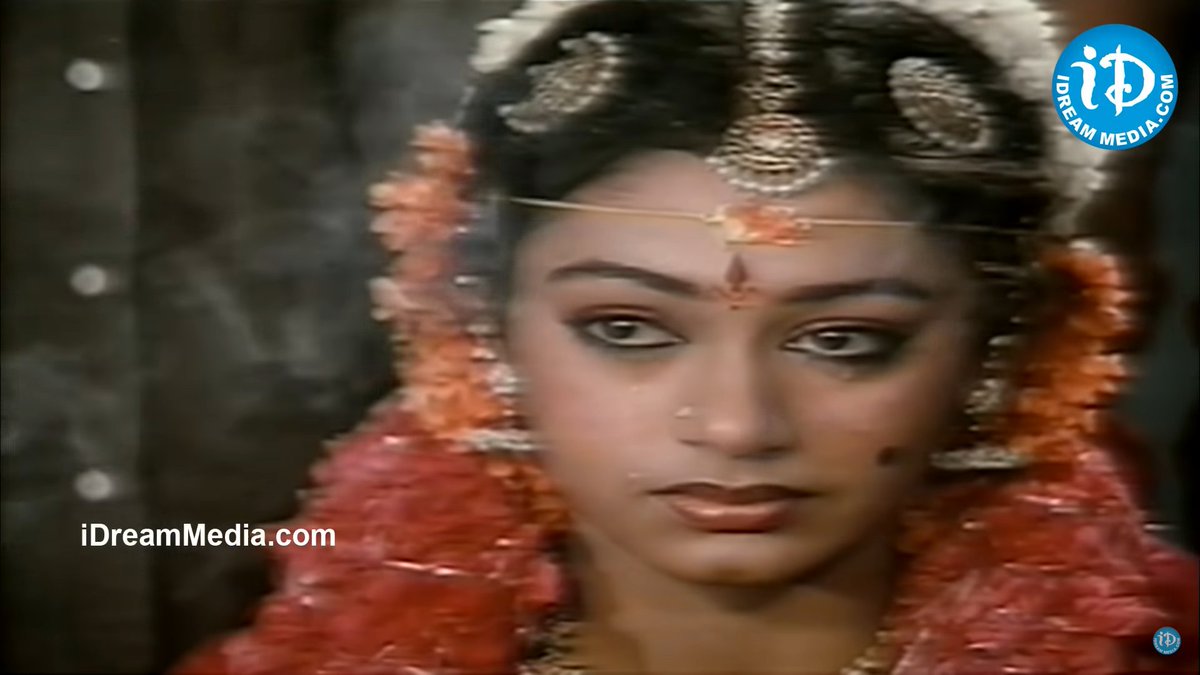
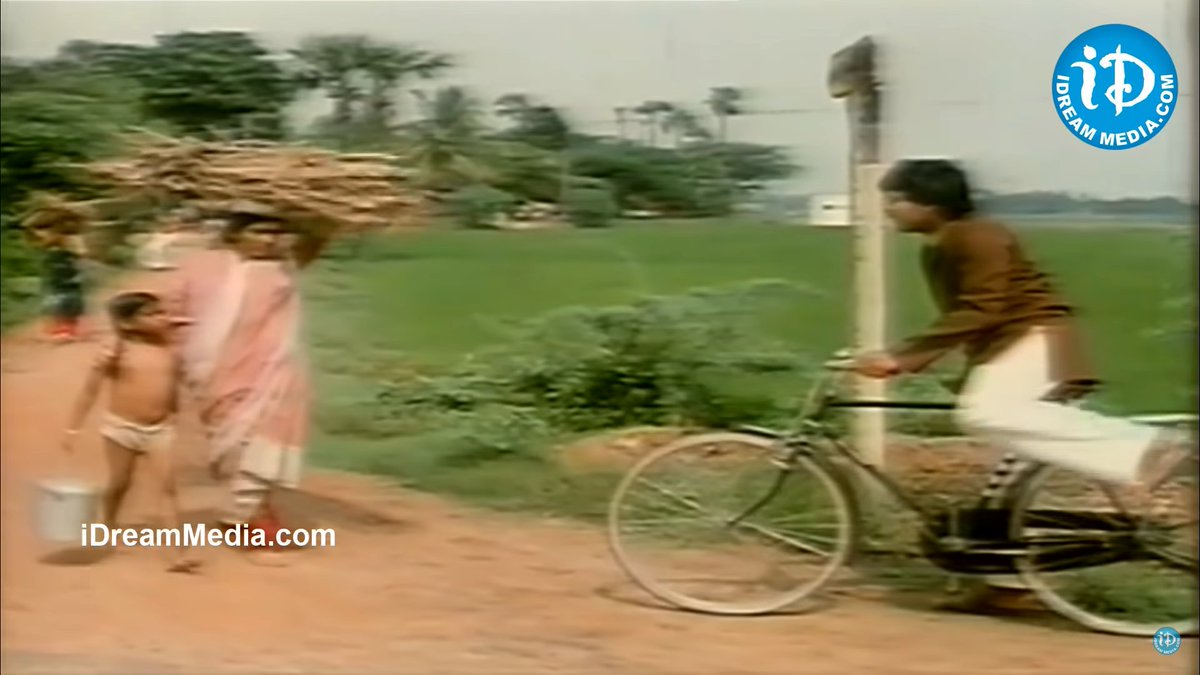
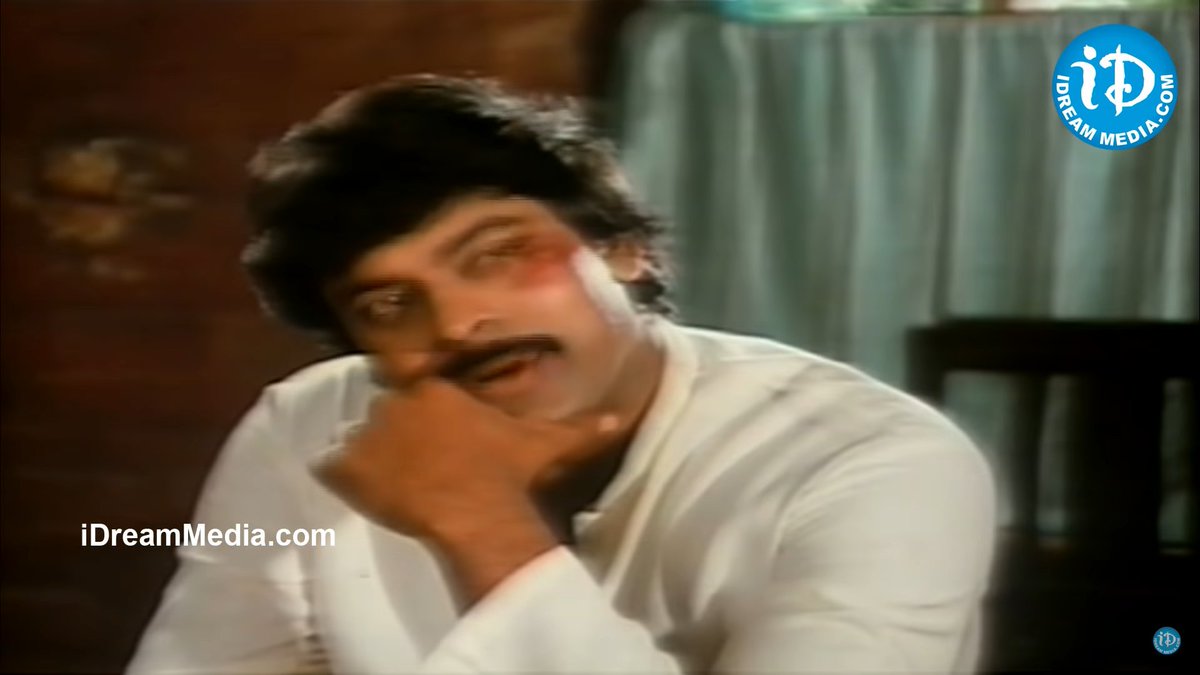
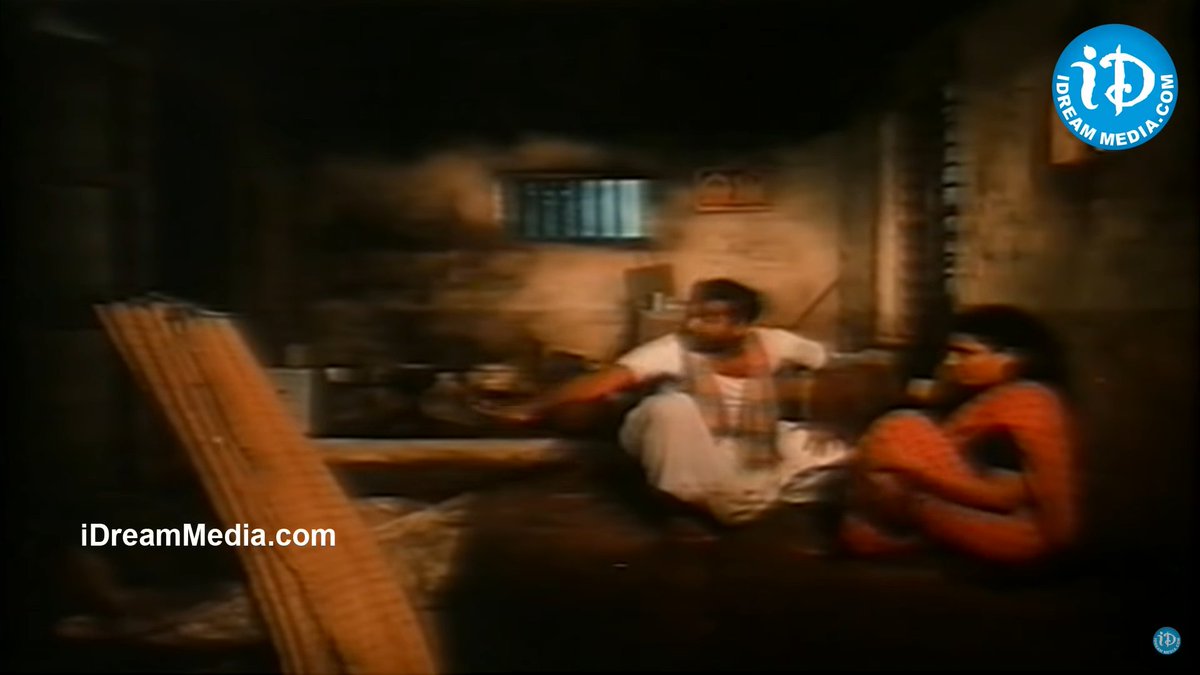
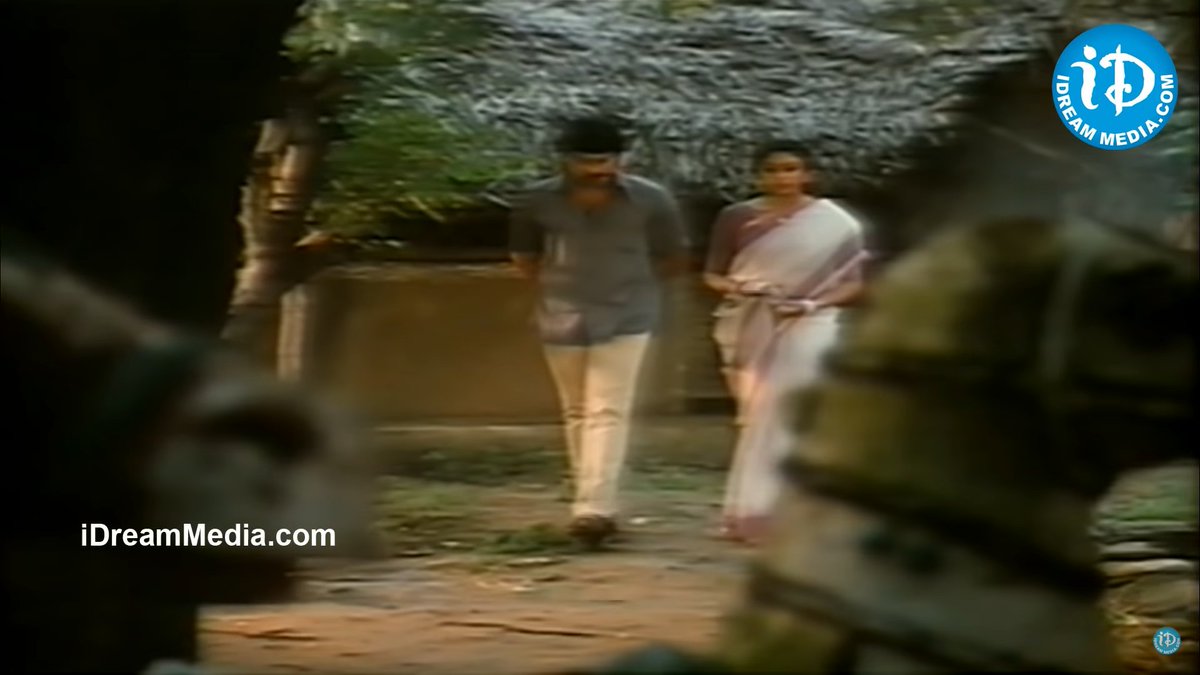
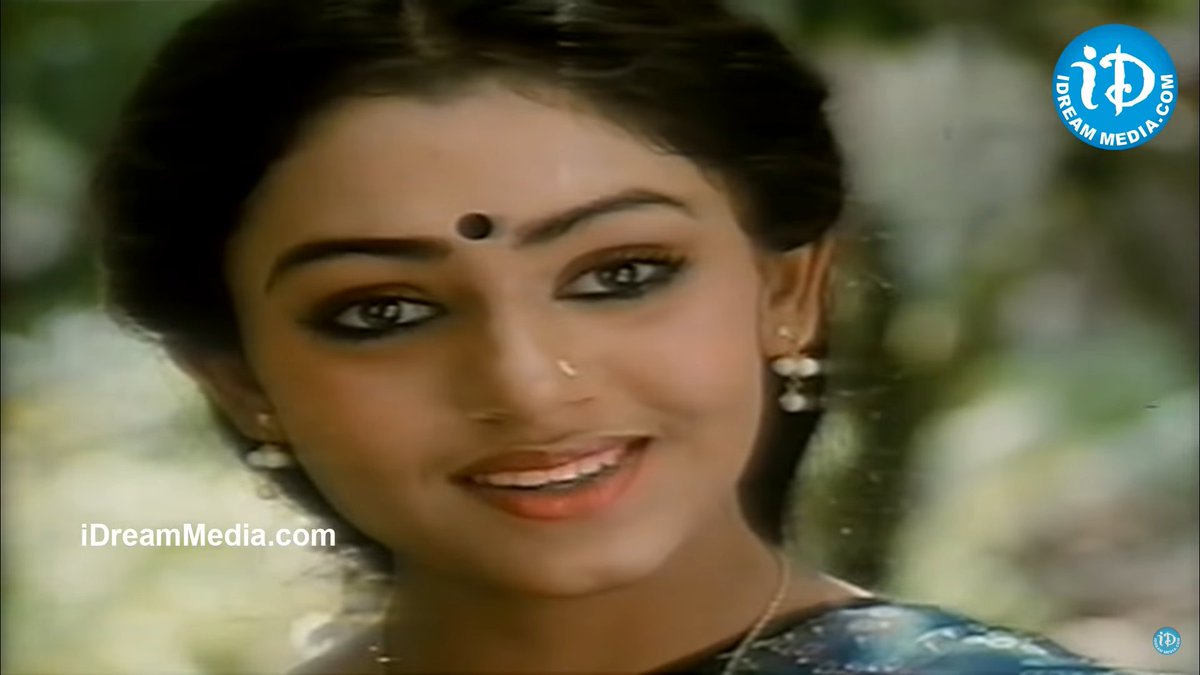
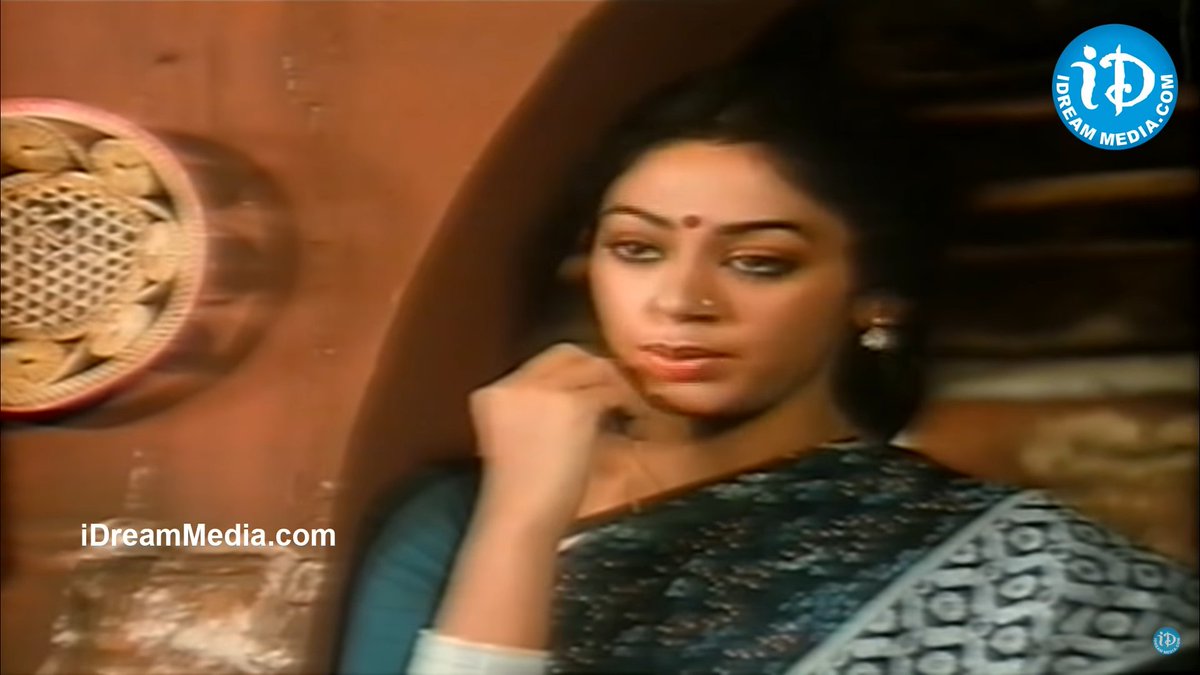
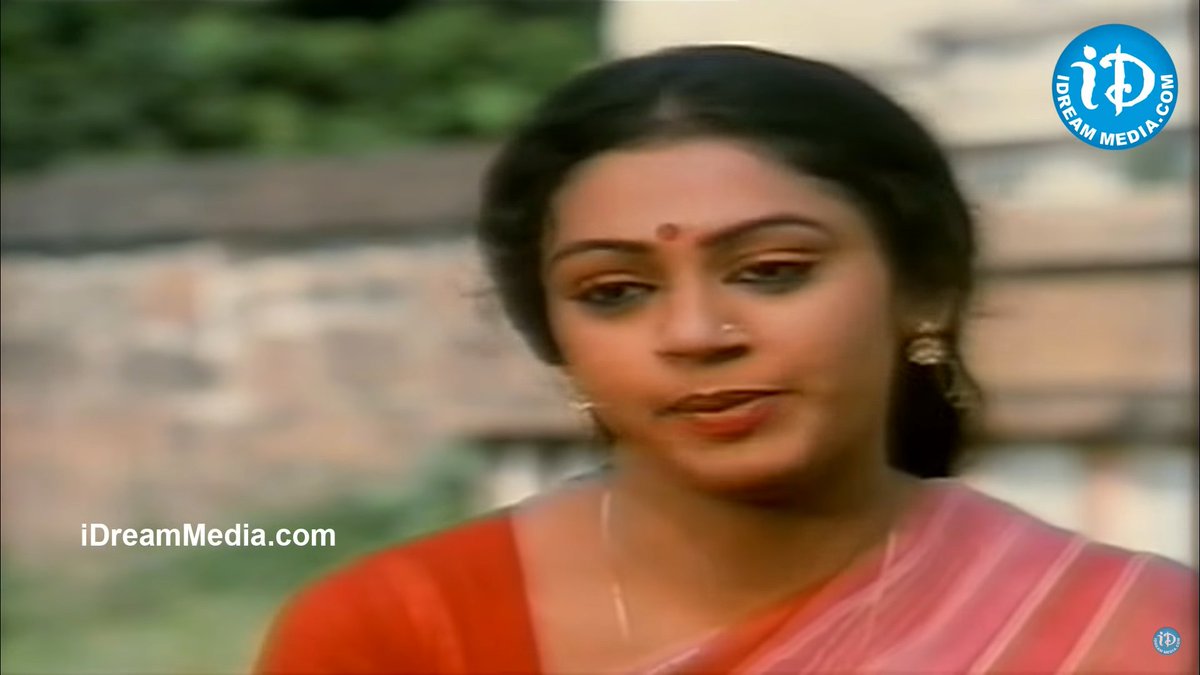
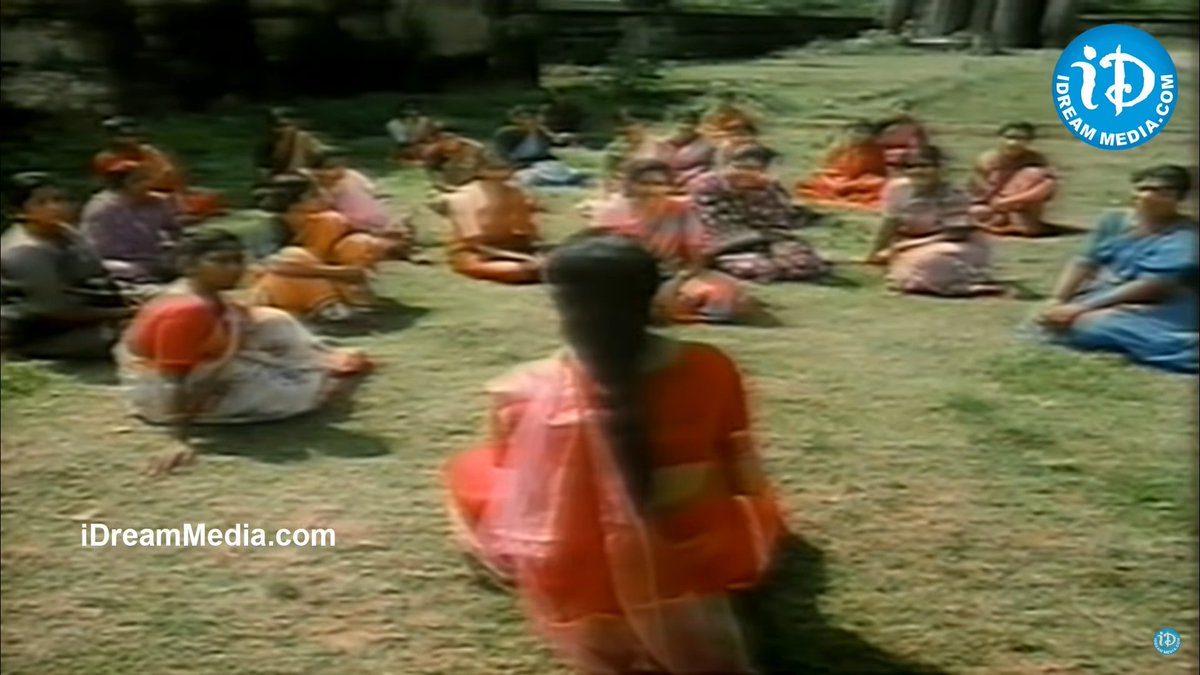
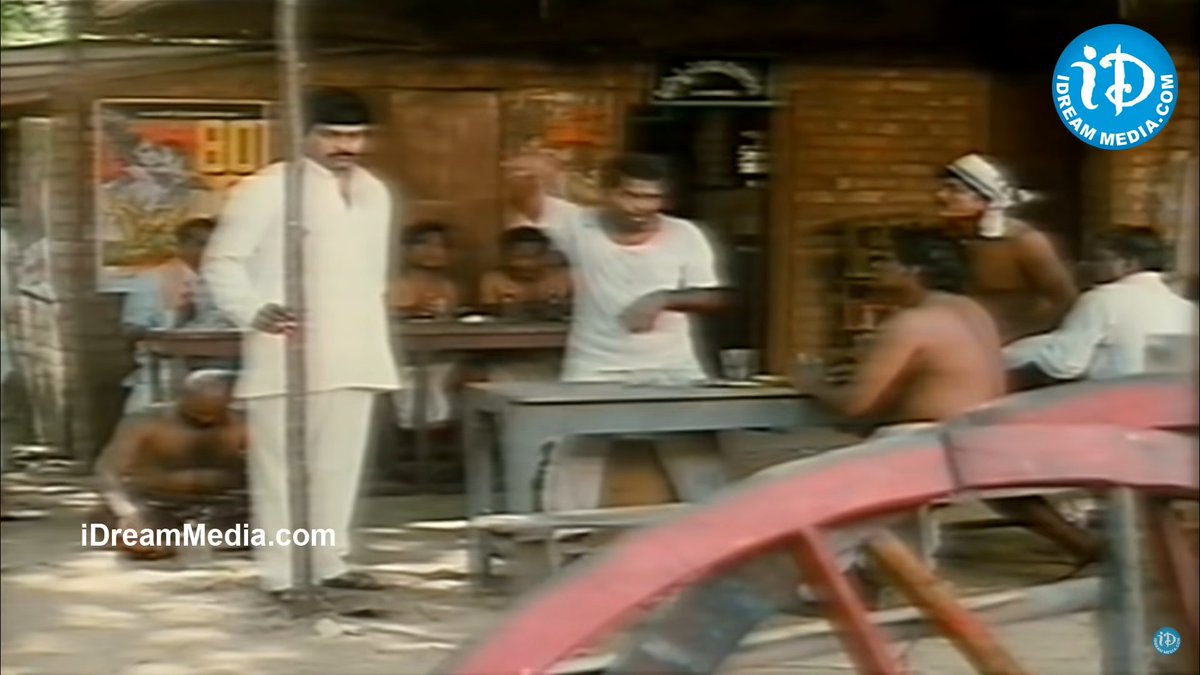
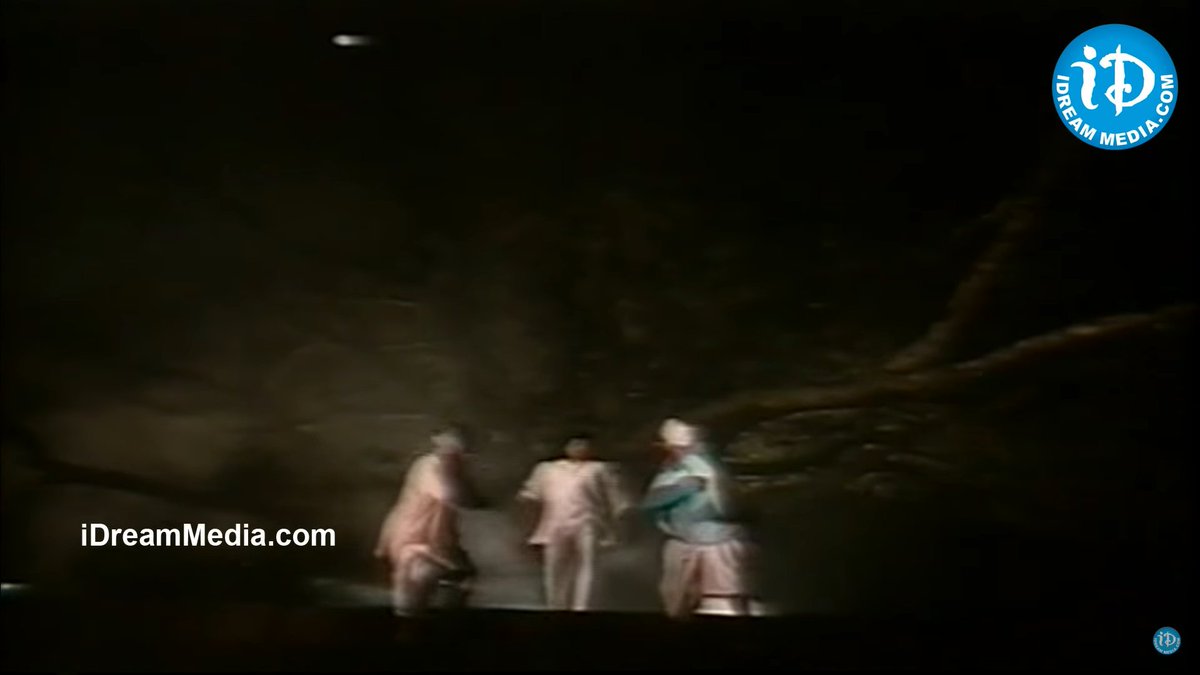

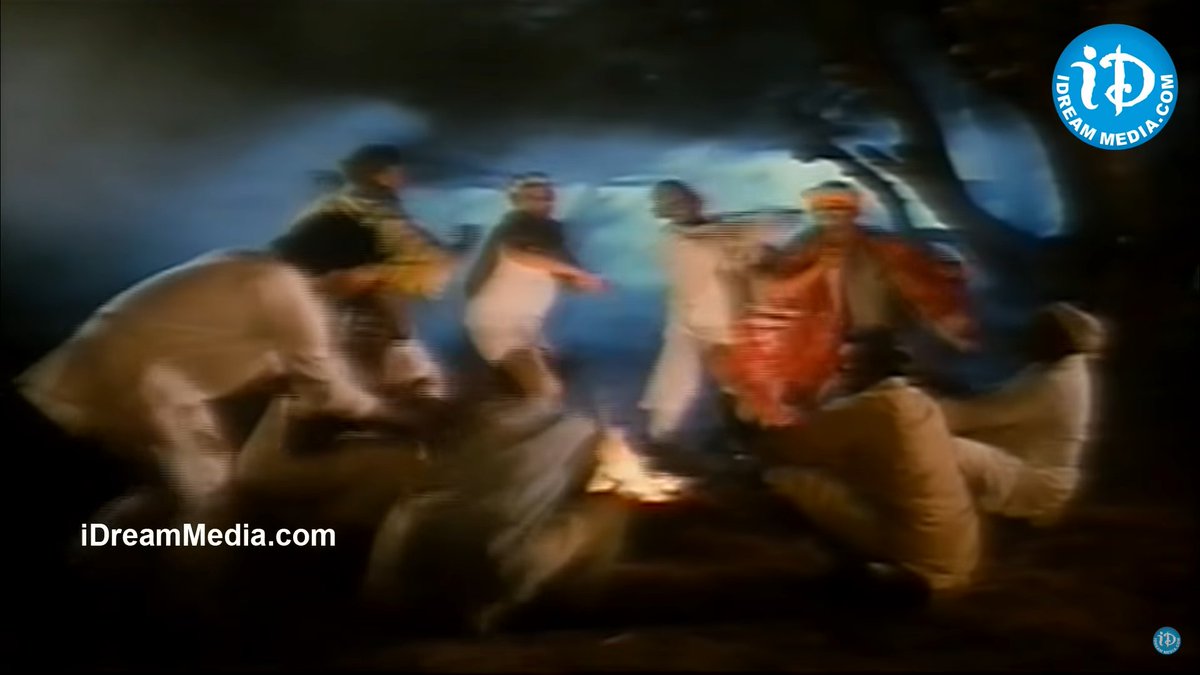
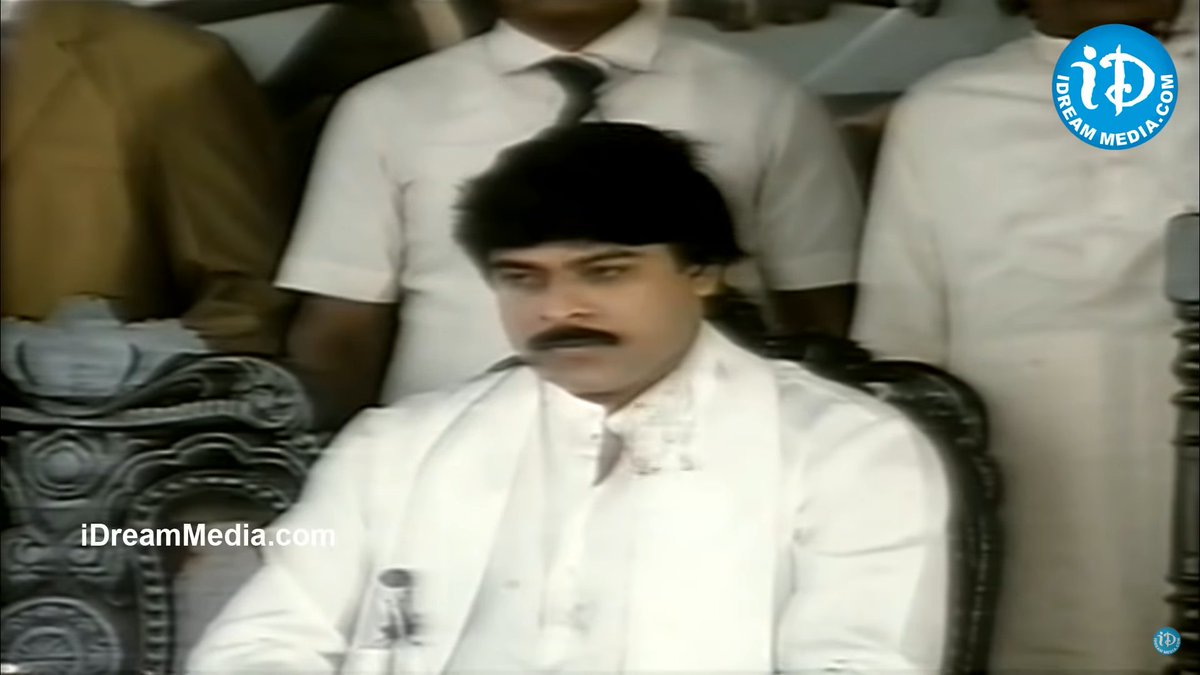 " title="The film is heavy, but the humour and romance give it the right balance. The ending where Sastry jumping the blitz makes us cringe but here, the message has to be delivered at any cost. "Surya Narayana Sastry tandrini nenu ani garvanga cheppukuntunnanu" https://abs.twimg.com/emoji/v2/... draggable="false" alt="♥️" title="Heart suit" aria-label="Emoji: Heart suit">">
" title="The film is heavy, but the humour and romance give it the right balance. The ending where Sastry jumping the blitz makes us cringe but here, the message has to be delivered at any cost. "Surya Narayana Sastry tandrini nenu ani garvanga cheppukuntunnanu" https://abs.twimg.com/emoji/v2/... draggable="false" alt="♥️" title="Heart suit" aria-label="Emoji: Heart suit">">
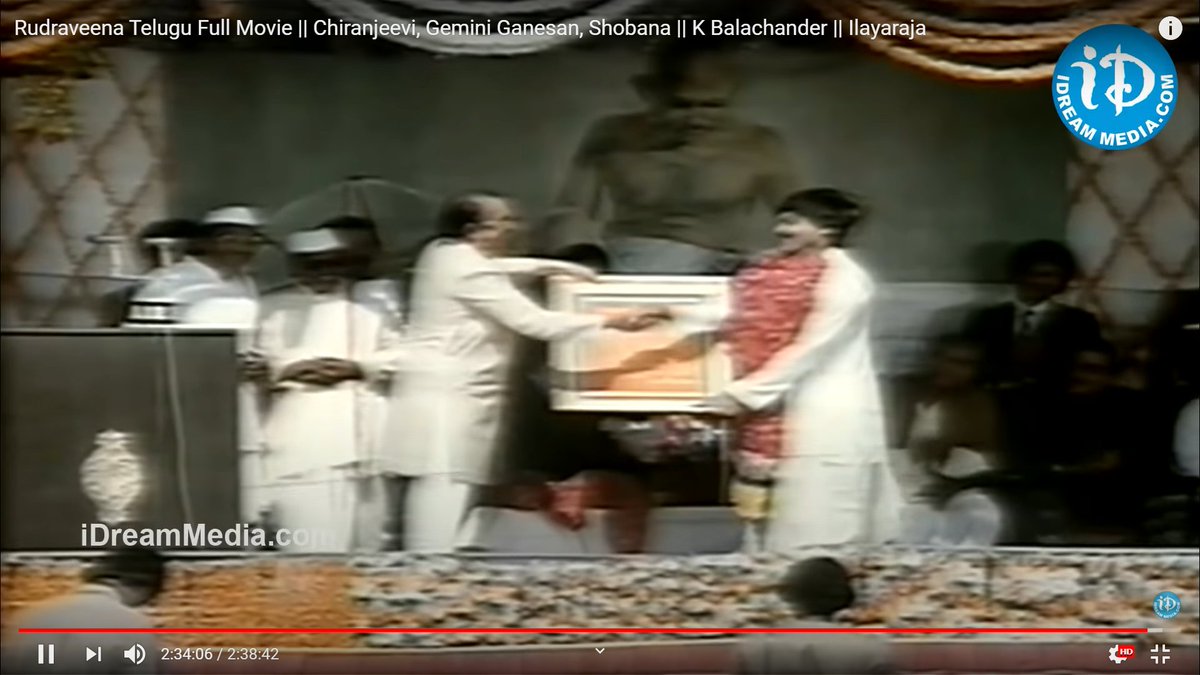 " title="The film is heavy, but the humour and romance give it the right balance. The ending where Sastry jumping the blitz makes us cringe but here, the message has to be delivered at any cost. "Surya Narayana Sastry tandrini nenu ani garvanga cheppukuntunnanu" https://abs.twimg.com/emoji/v2/... draggable="false" alt="♥️" title="Heart suit" aria-label="Emoji: Heart suit">">
" title="The film is heavy, but the humour and romance give it the right balance. The ending where Sastry jumping the blitz makes us cringe but here, the message has to be delivered at any cost. "Surya Narayana Sastry tandrini nenu ani garvanga cheppukuntunnanu" https://abs.twimg.com/emoji/v2/... draggable="false" alt="♥️" title="Heart suit" aria-label="Emoji: Heart suit">">
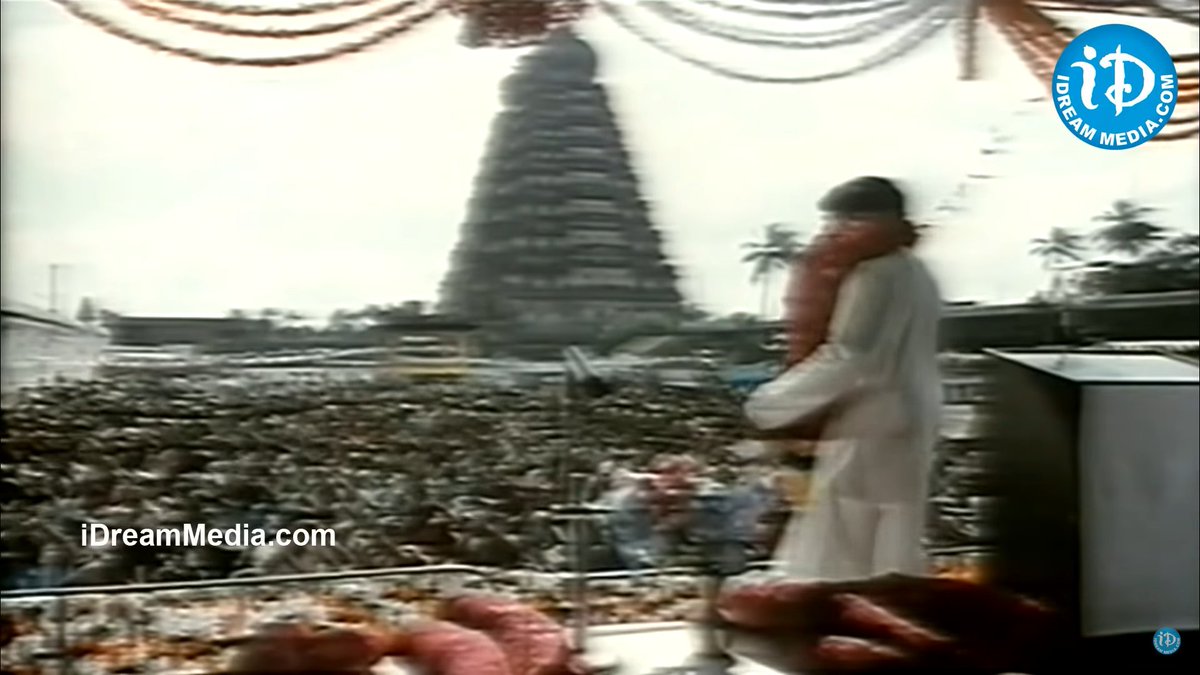 " title="The film is heavy, but the humour and romance give it the right balance. The ending where Sastry jumping the blitz makes us cringe but here, the message has to be delivered at any cost. "Surya Narayana Sastry tandrini nenu ani garvanga cheppukuntunnanu" https://abs.twimg.com/emoji/v2/... draggable="false" alt="♥️" title="Heart suit" aria-label="Emoji: Heart suit">">
" title="The film is heavy, but the humour and romance give it the right balance. The ending where Sastry jumping the blitz makes us cringe but here, the message has to be delivered at any cost. "Surya Narayana Sastry tandrini nenu ani garvanga cheppukuntunnanu" https://abs.twimg.com/emoji/v2/... draggable="false" alt="♥️" title="Heart suit" aria-label="Emoji: Heart suit">">
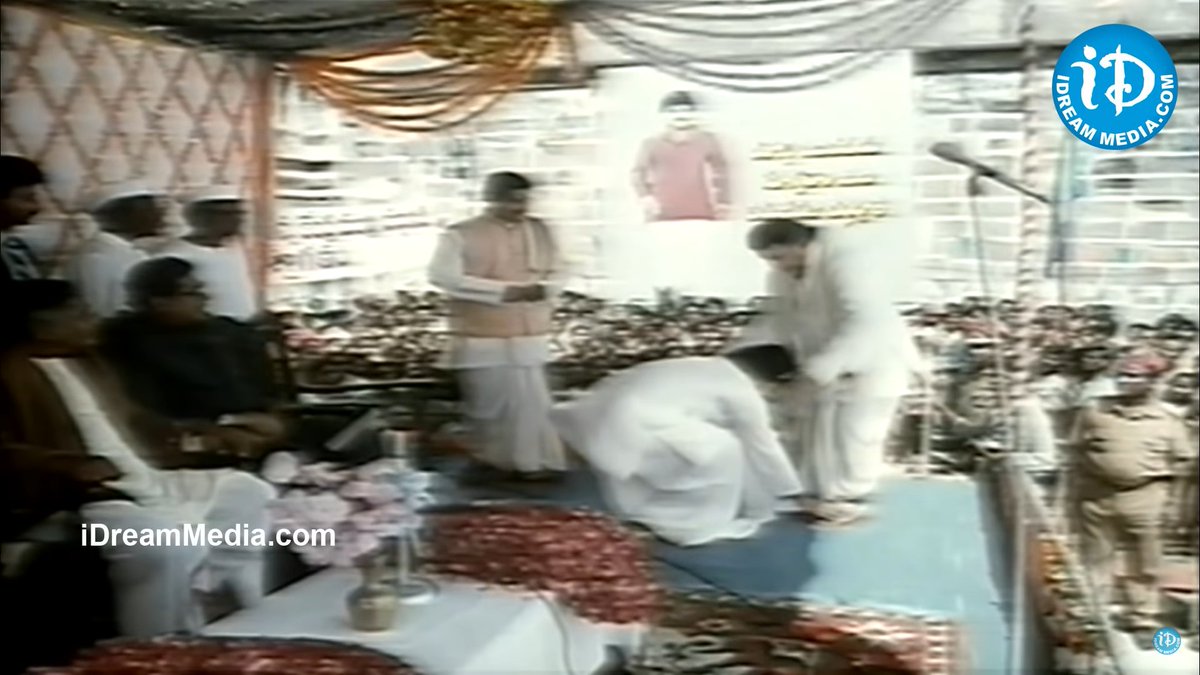 " title="The film is heavy, but the humour and romance give it the right balance. The ending where Sastry jumping the blitz makes us cringe but here, the message has to be delivered at any cost. "Surya Narayana Sastry tandrini nenu ani garvanga cheppukuntunnanu" https://abs.twimg.com/emoji/v2/... draggable="false" alt="♥️" title="Heart suit" aria-label="Emoji: Heart suit">">
" title="The film is heavy, but the humour and romance give it the right balance. The ending where Sastry jumping the blitz makes us cringe but here, the message has to be delivered at any cost. "Surya Narayana Sastry tandrini nenu ani garvanga cheppukuntunnanu" https://abs.twimg.com/emoji/v2/... draggable="false" alt="♥️" title="Heart suit" aria-label="Emoji: Heart suit">">
